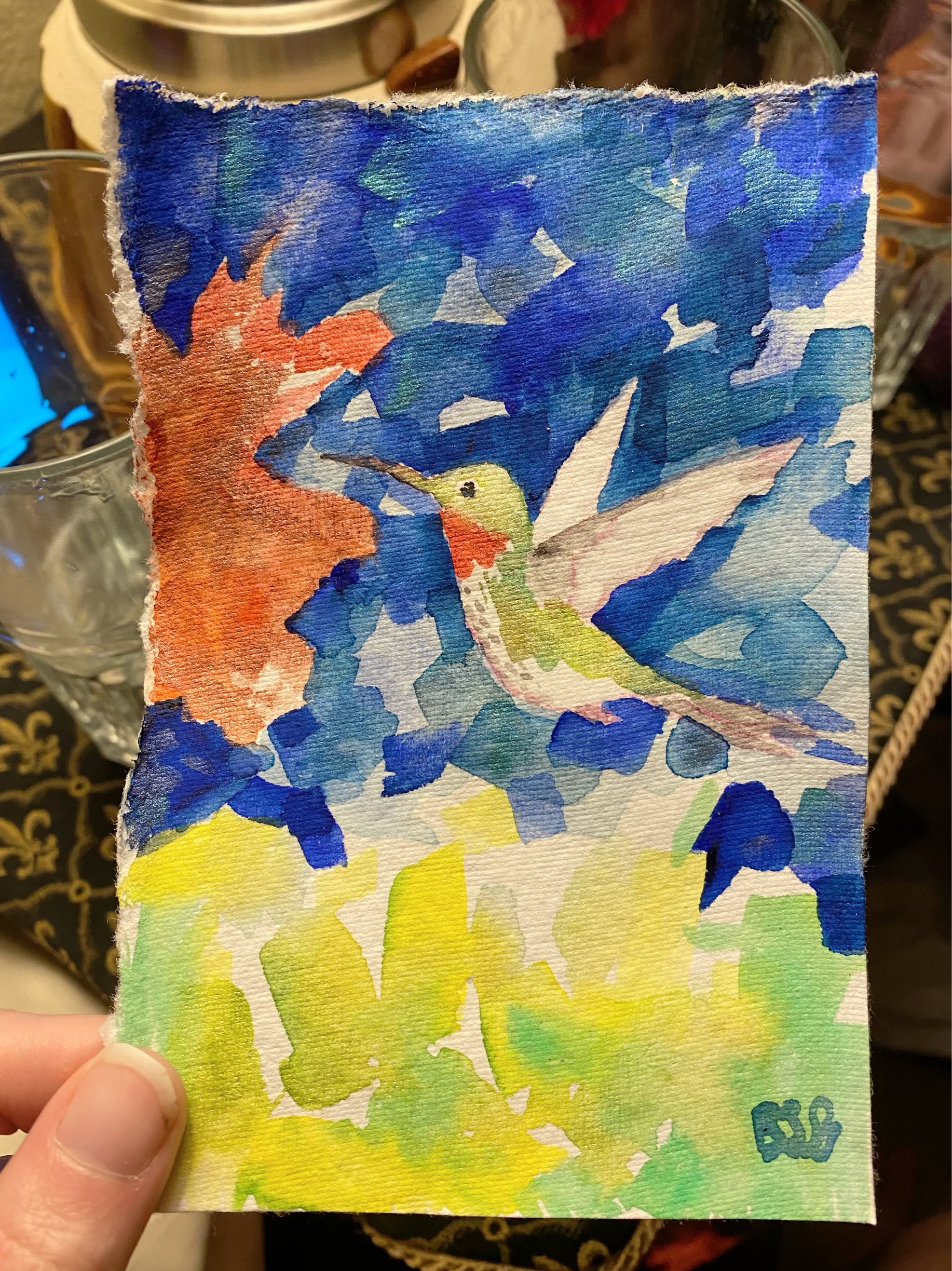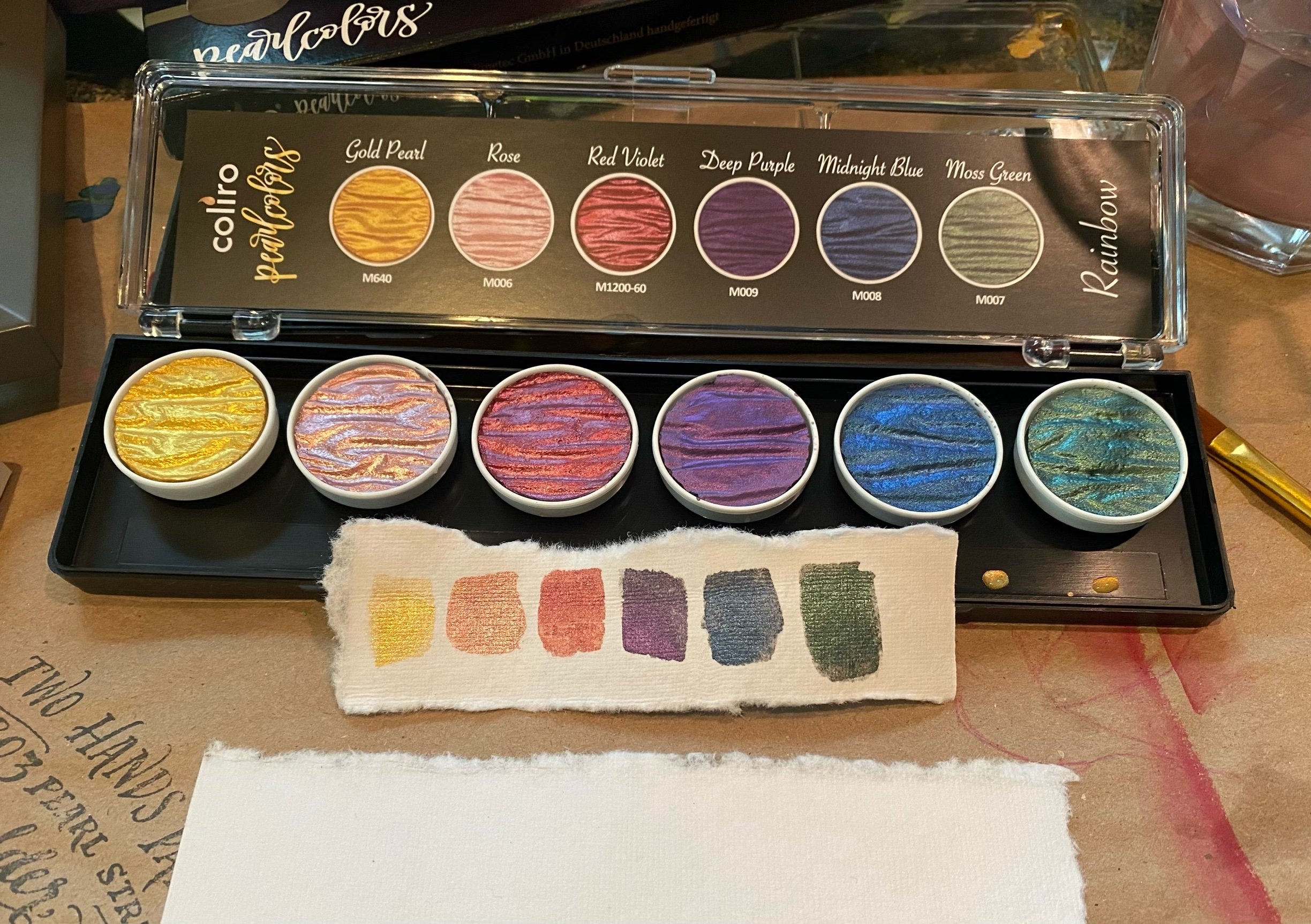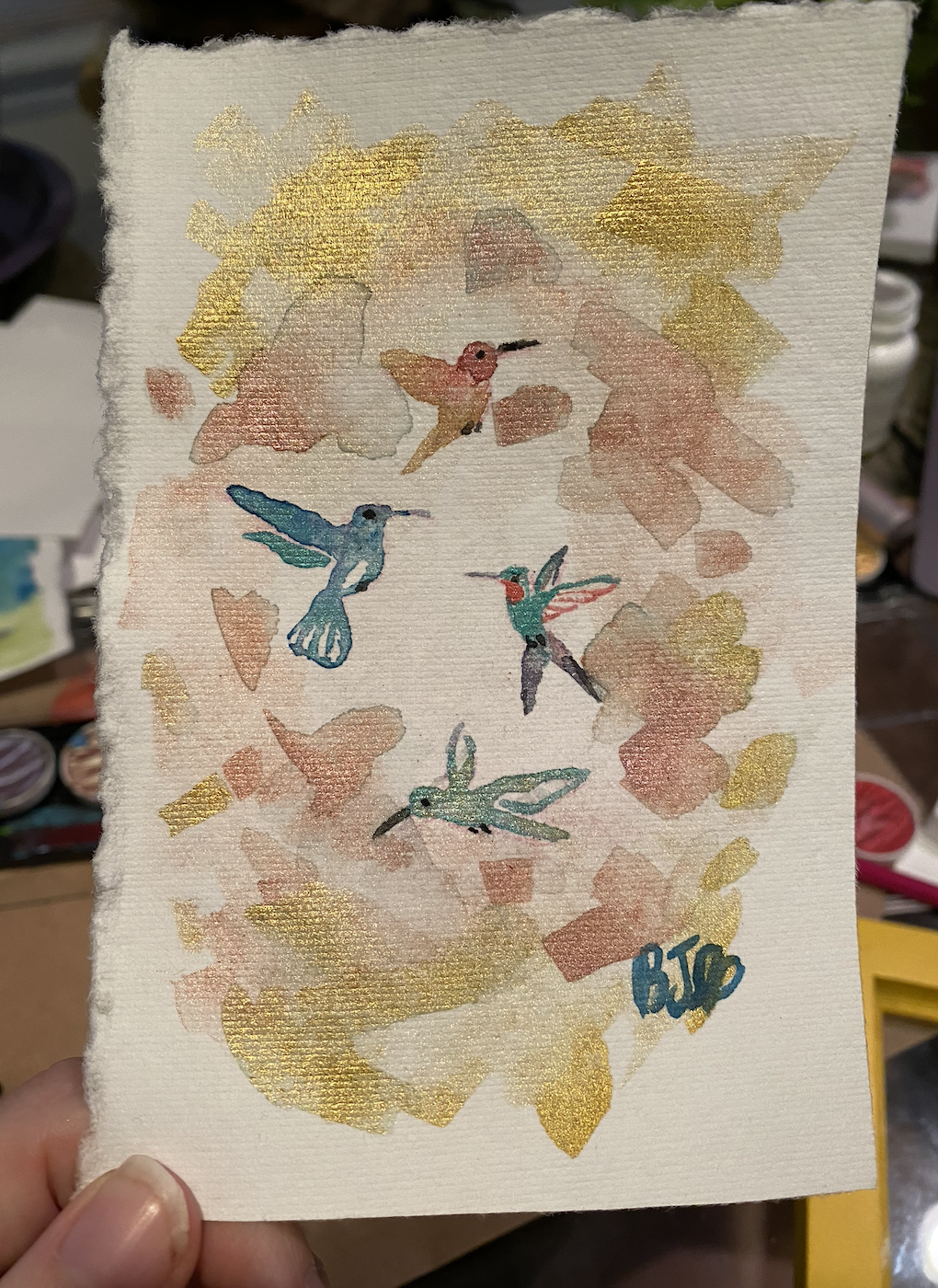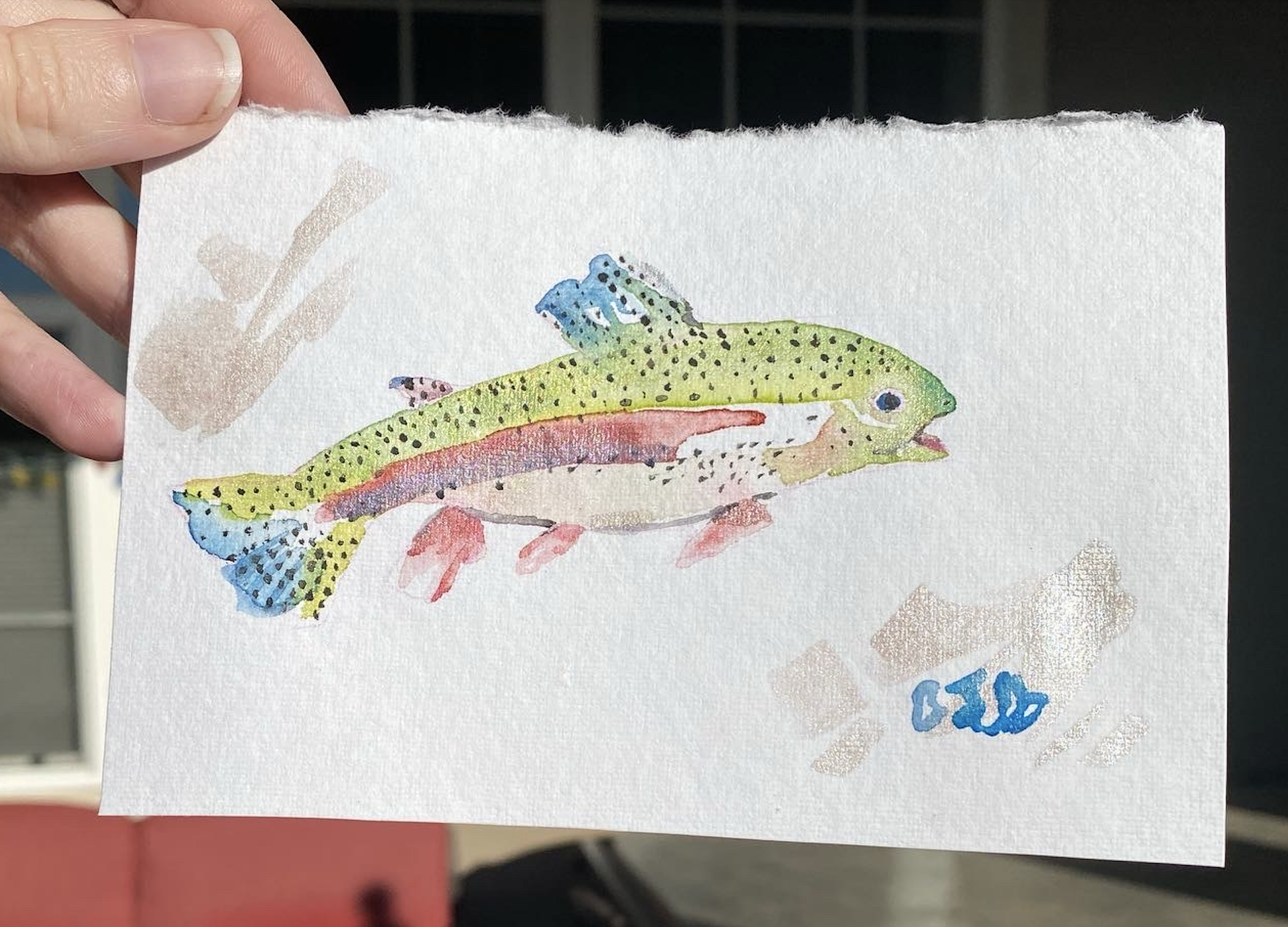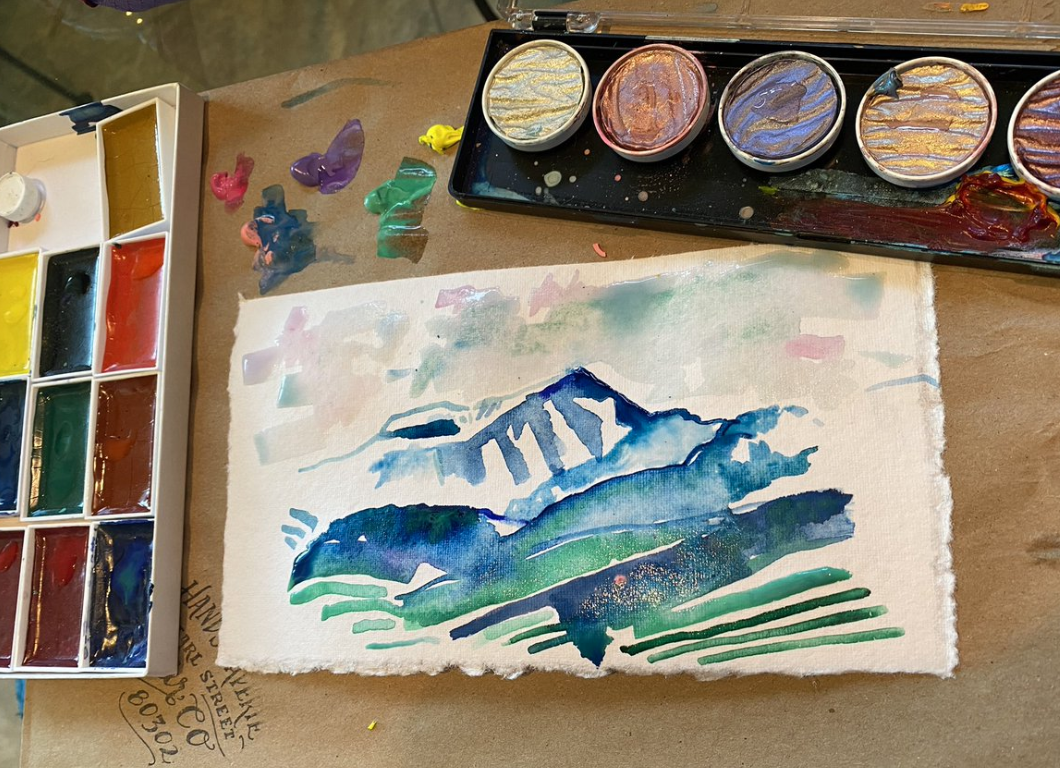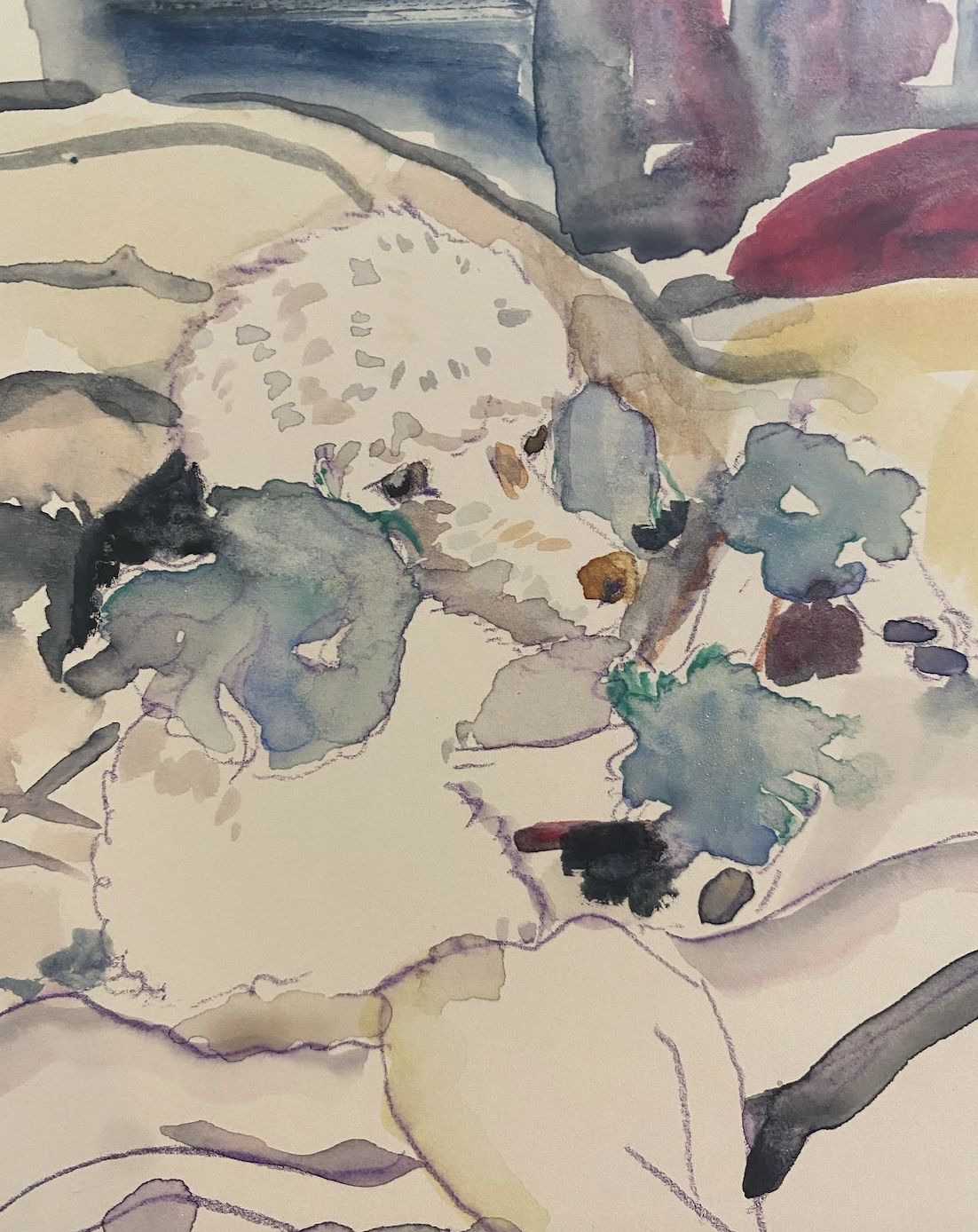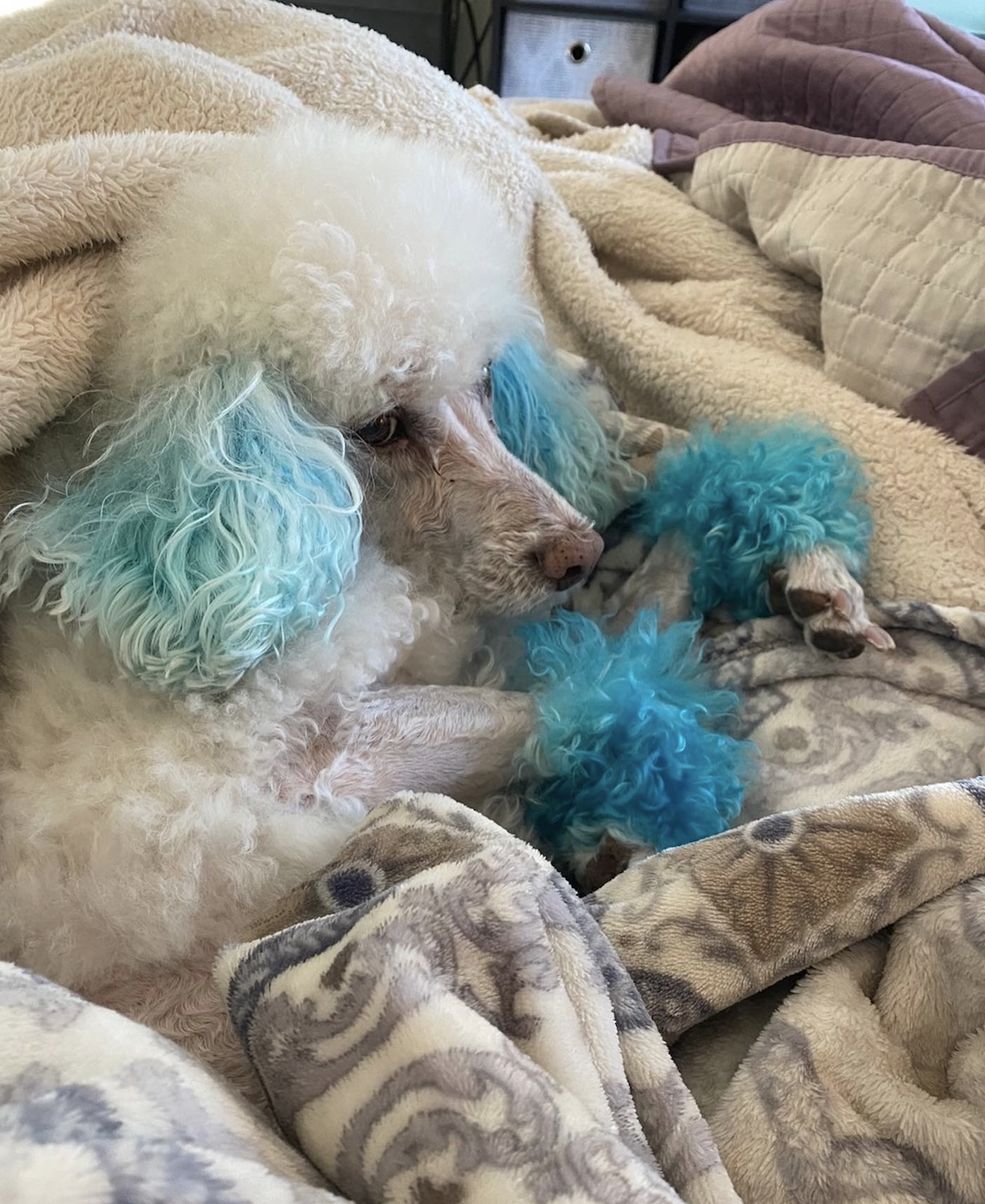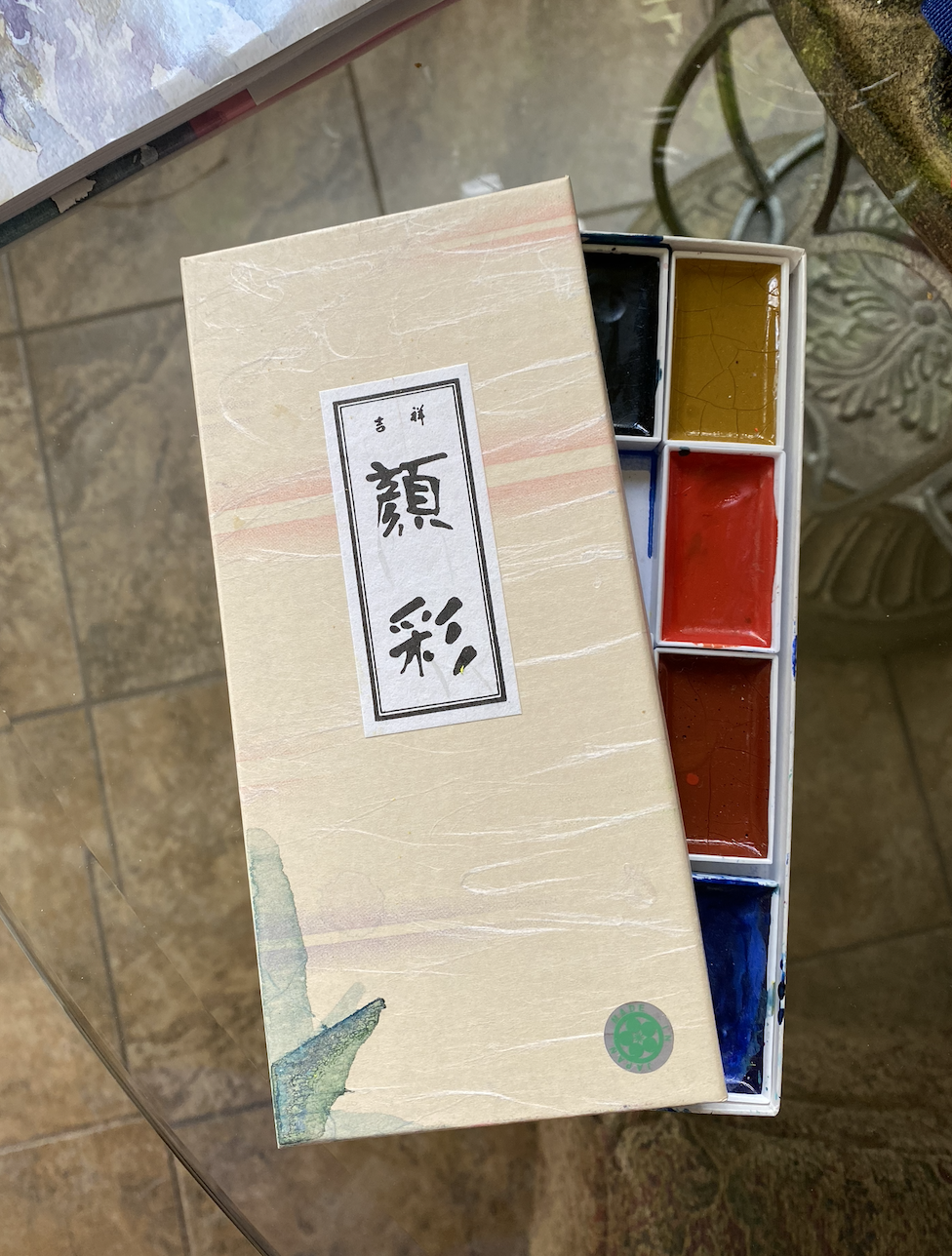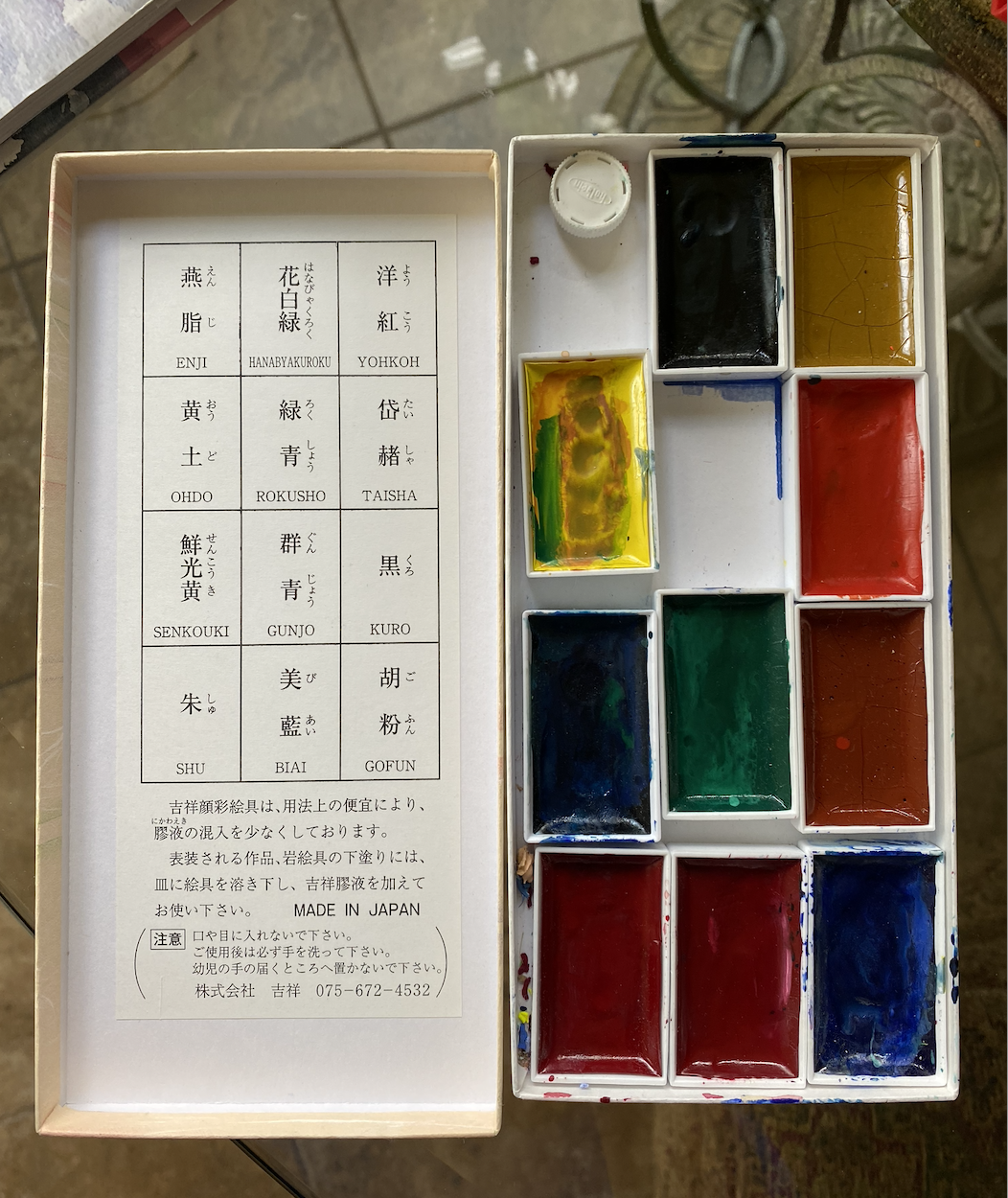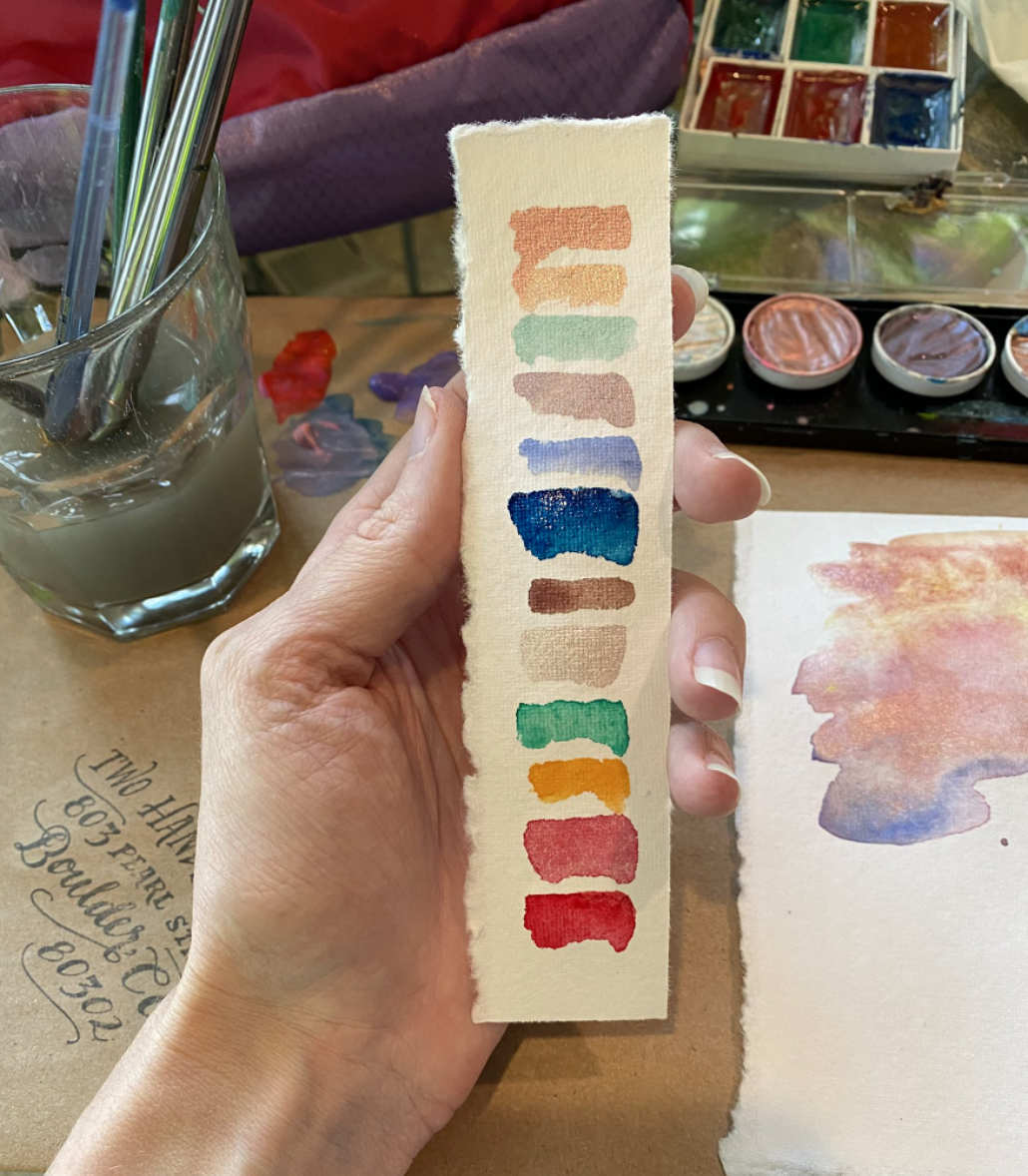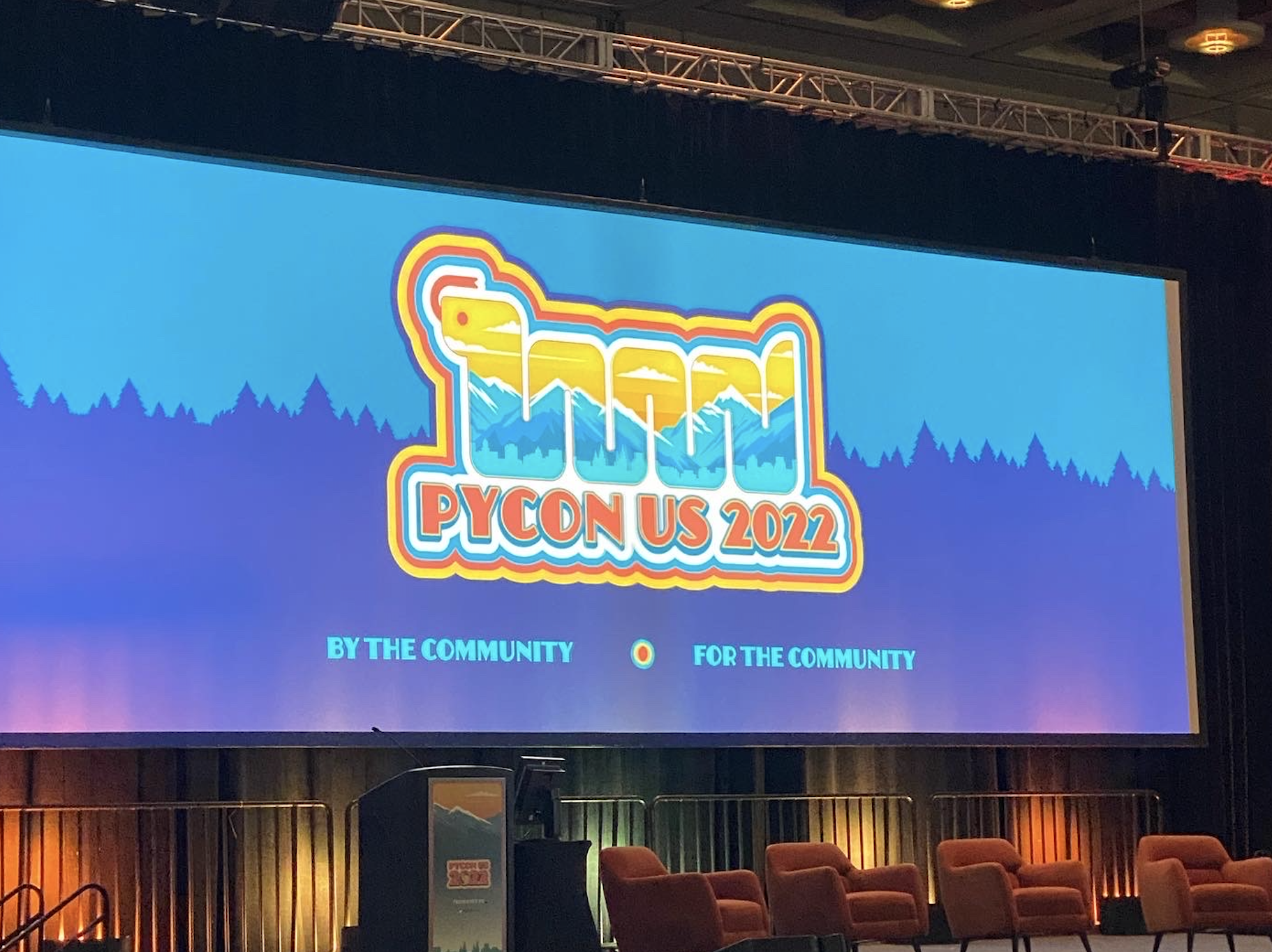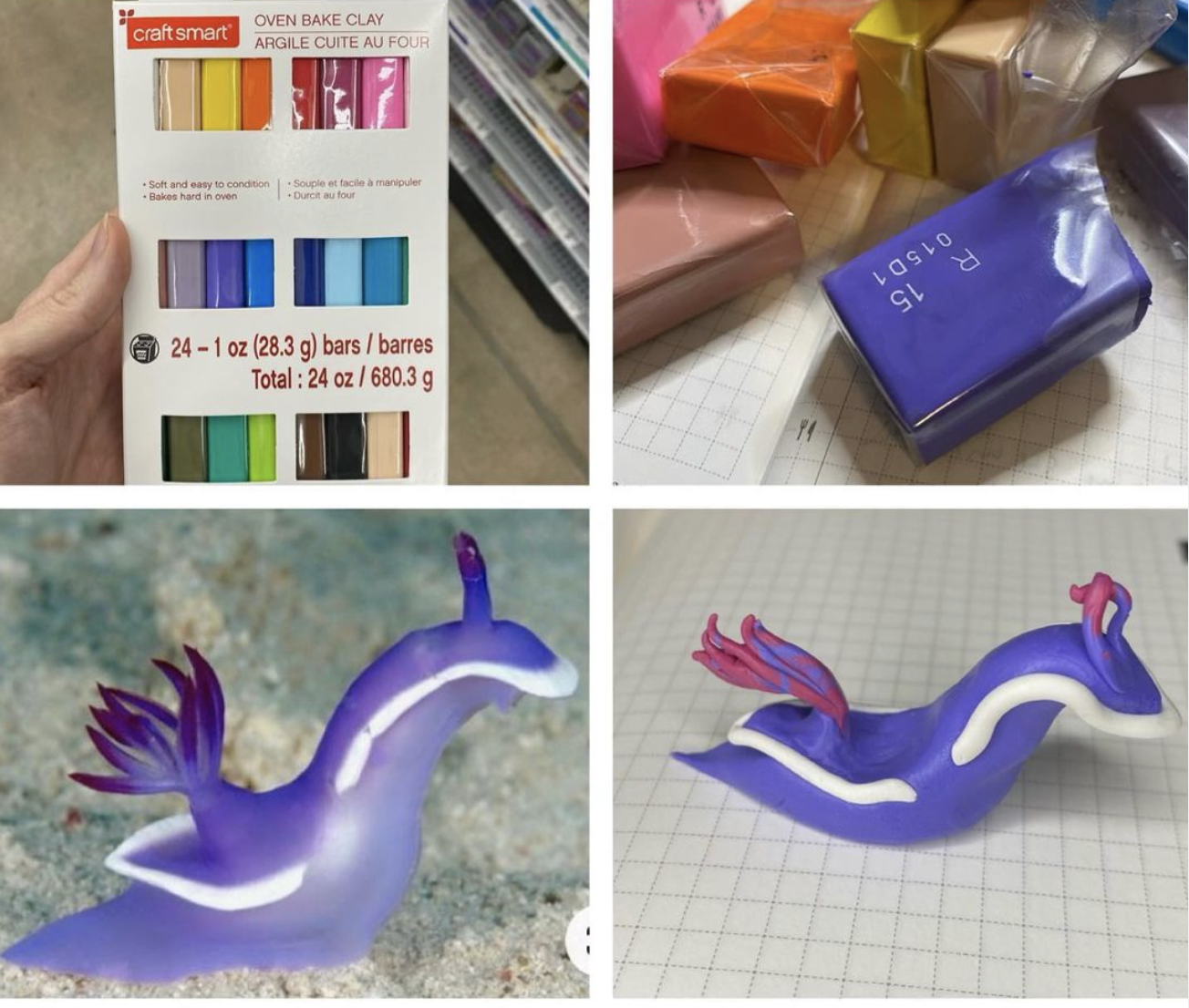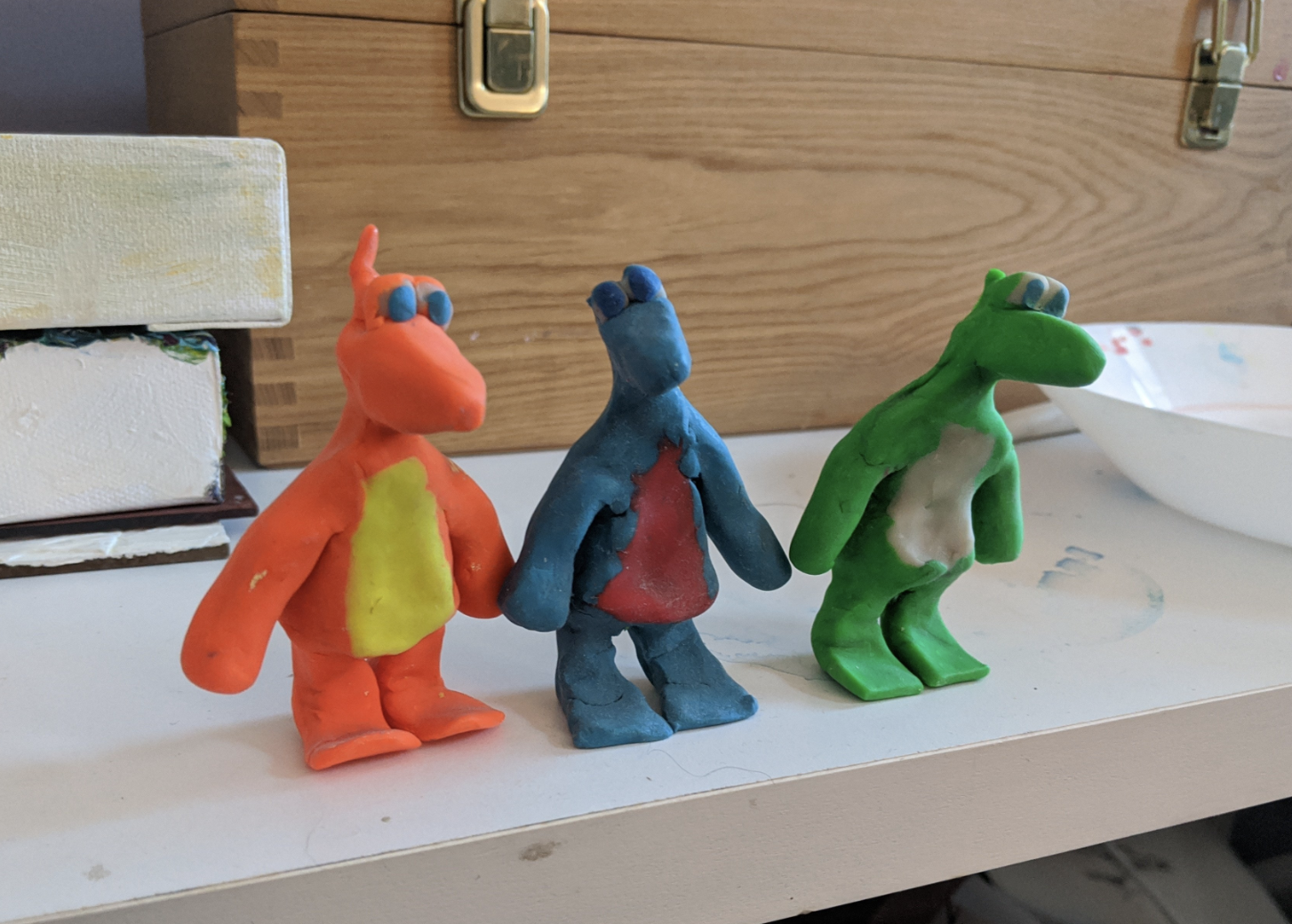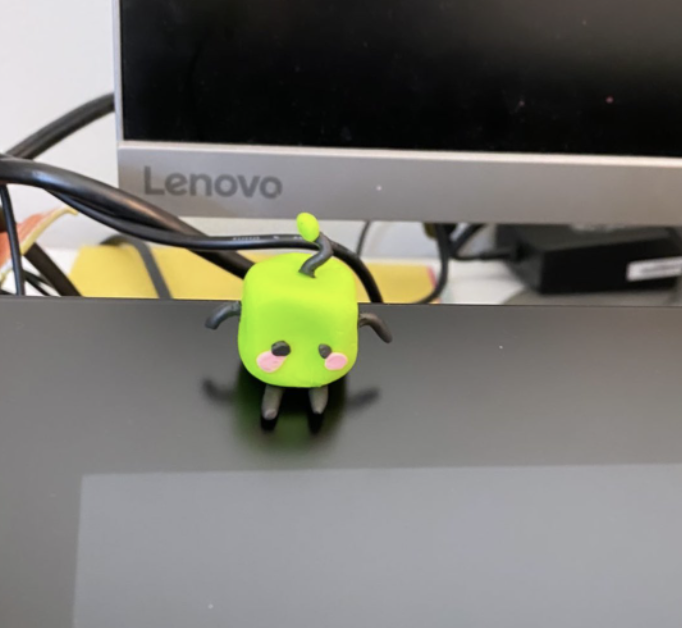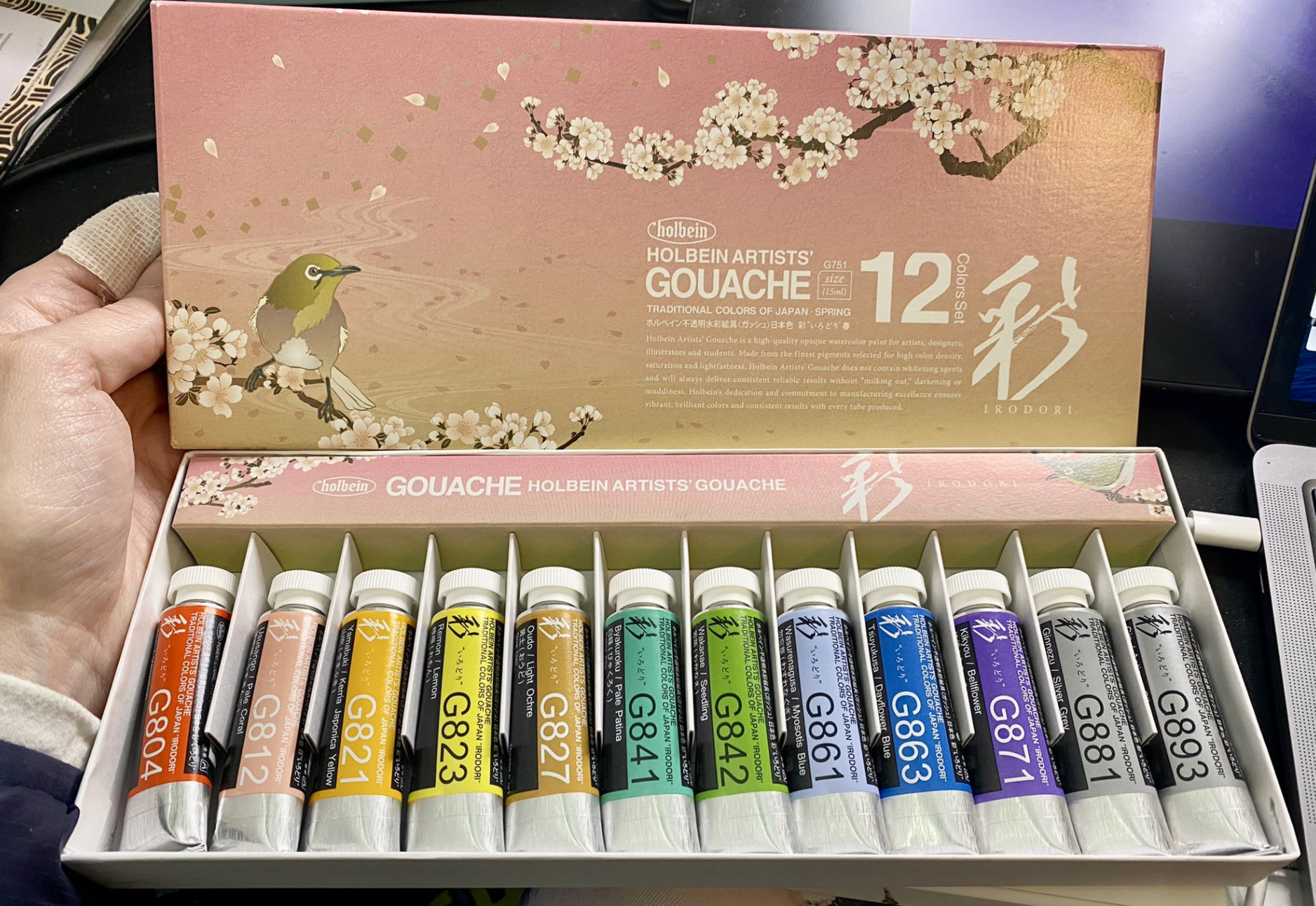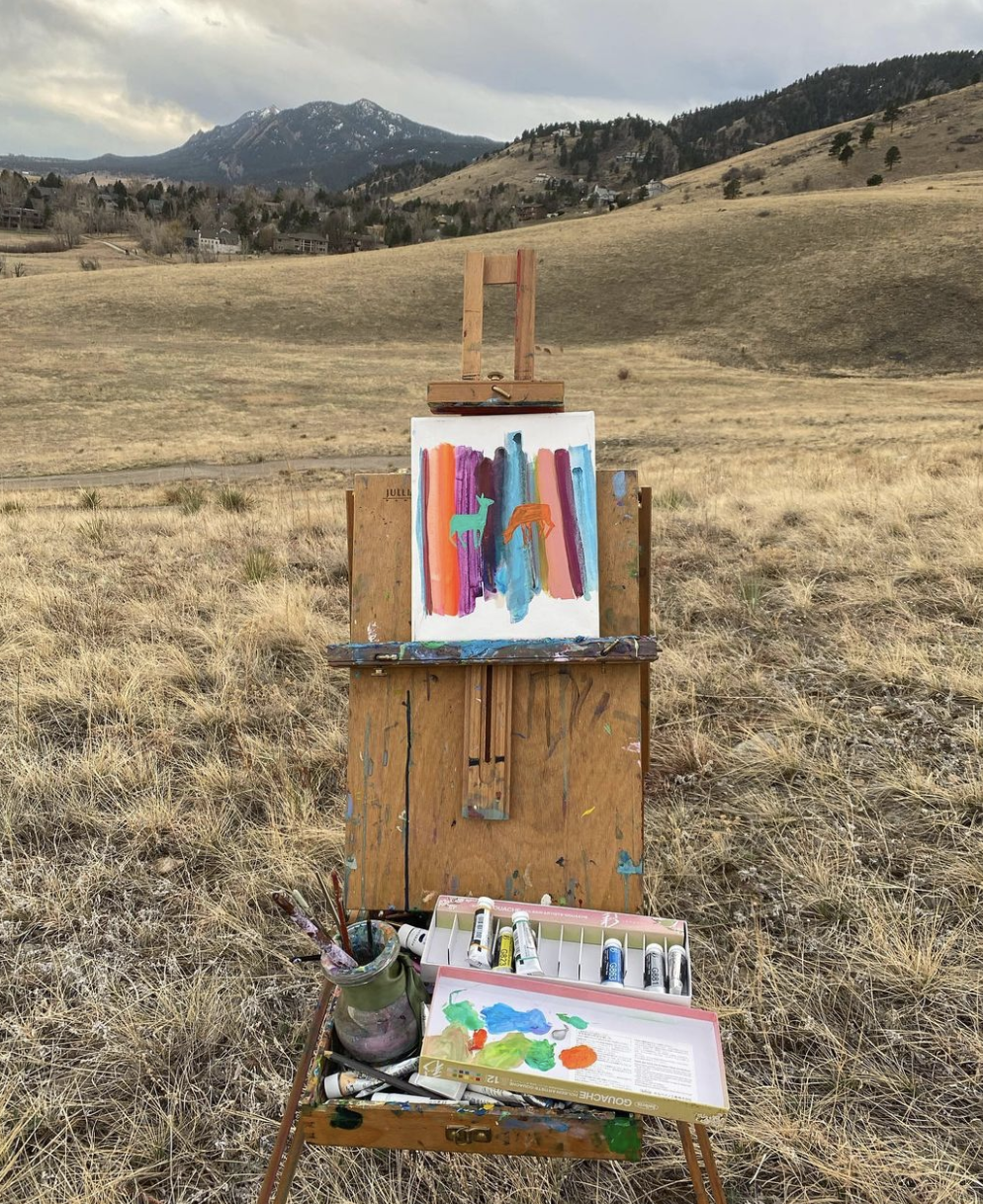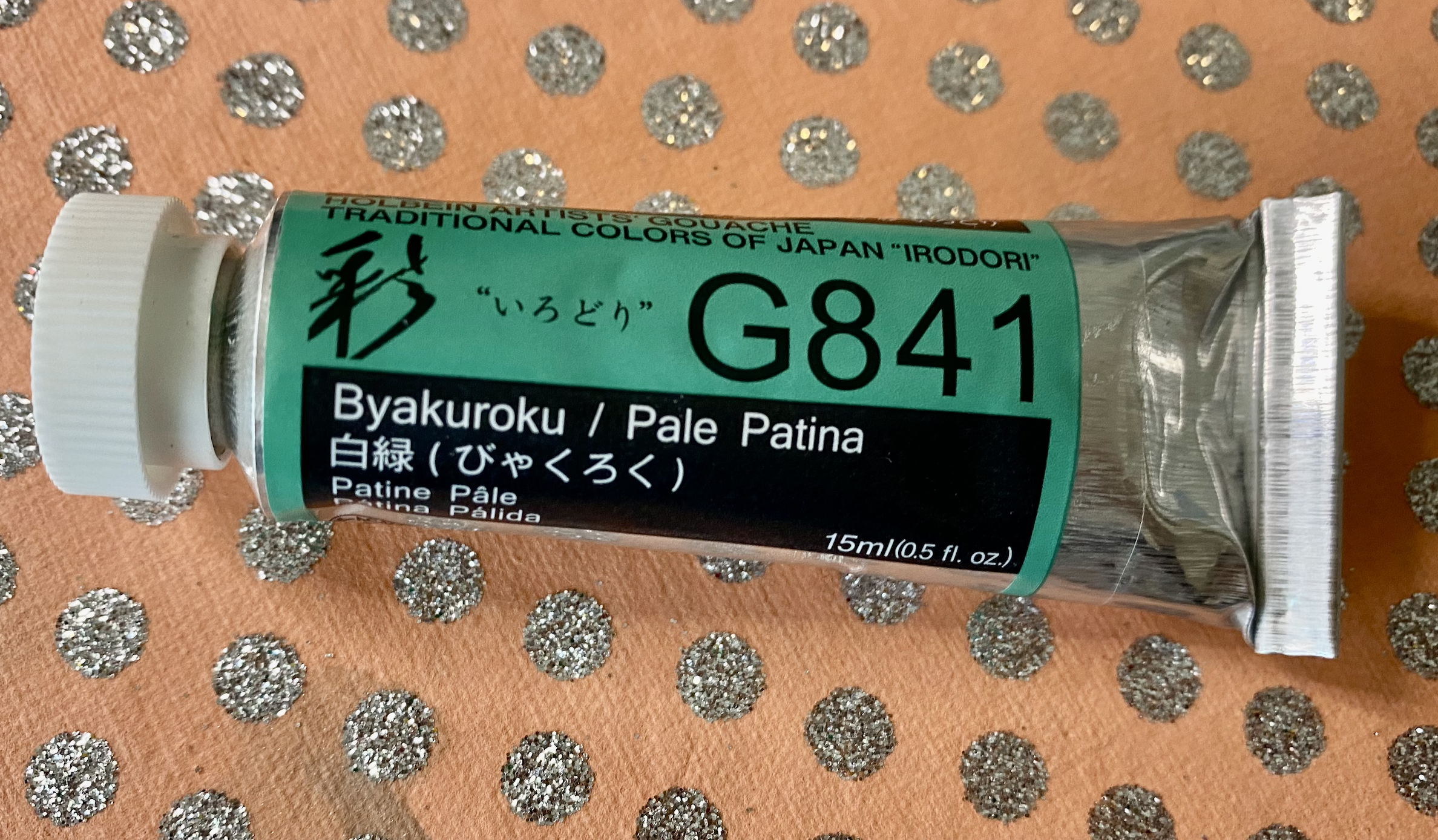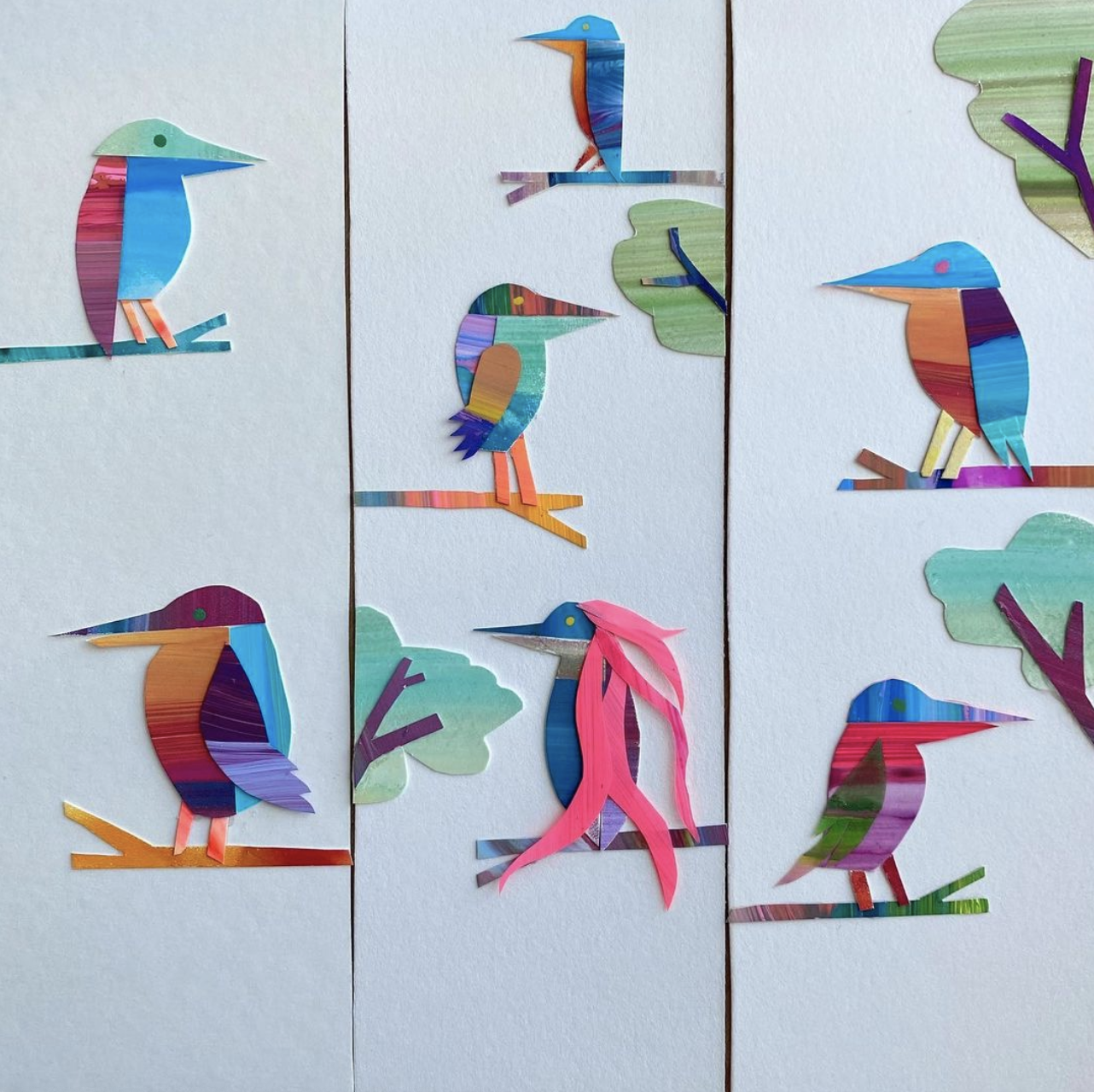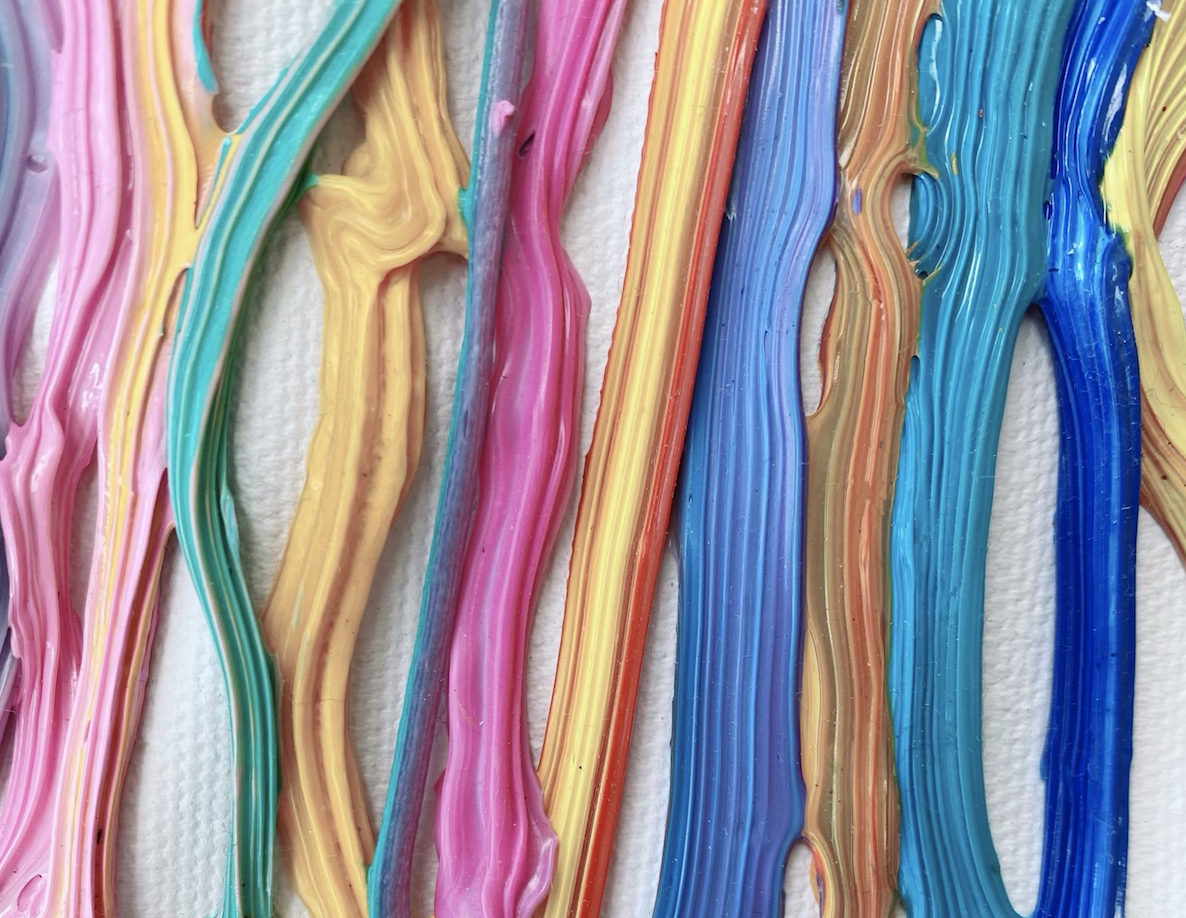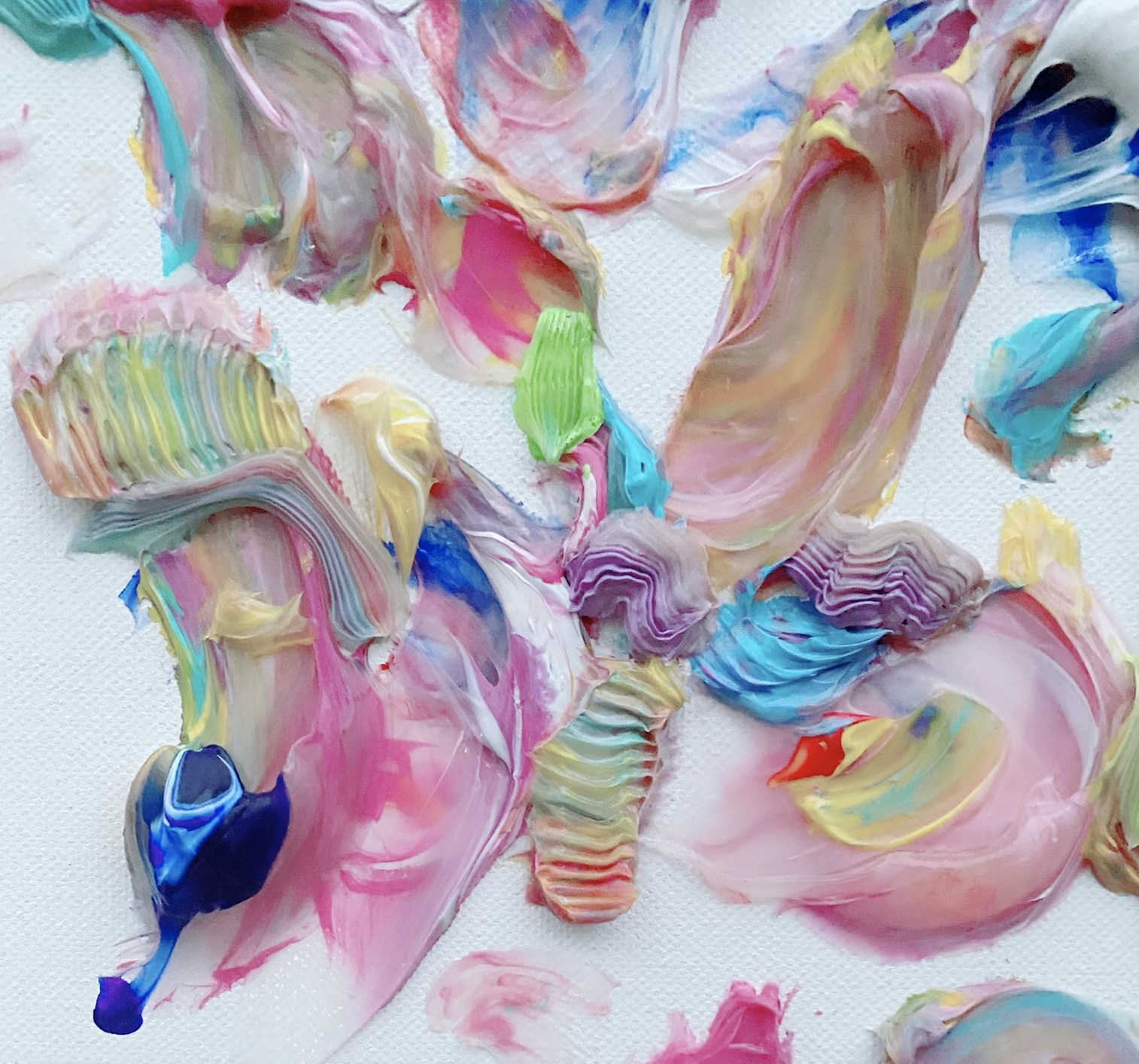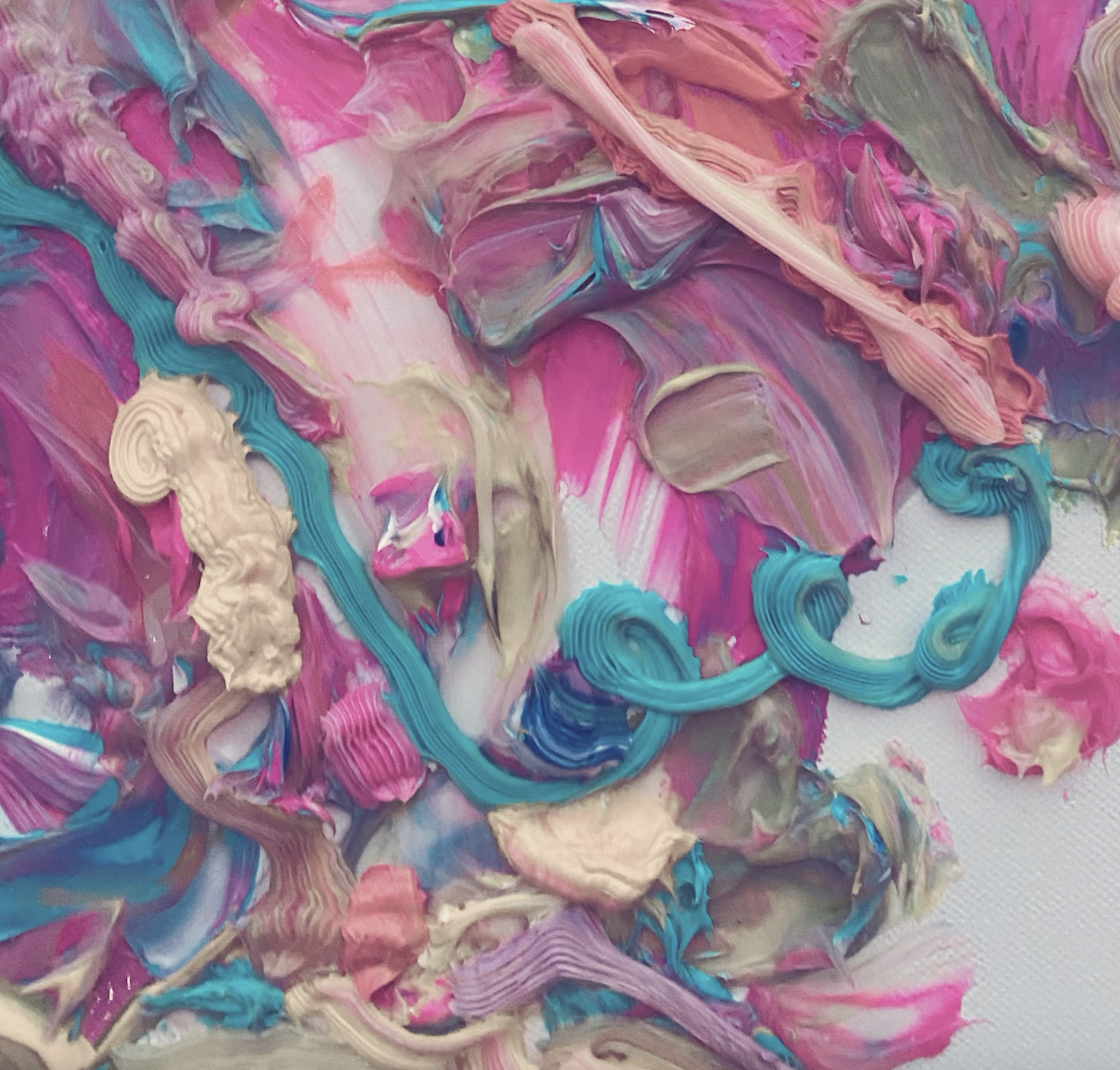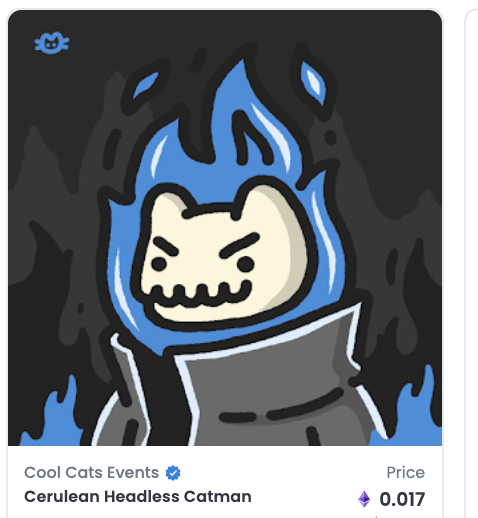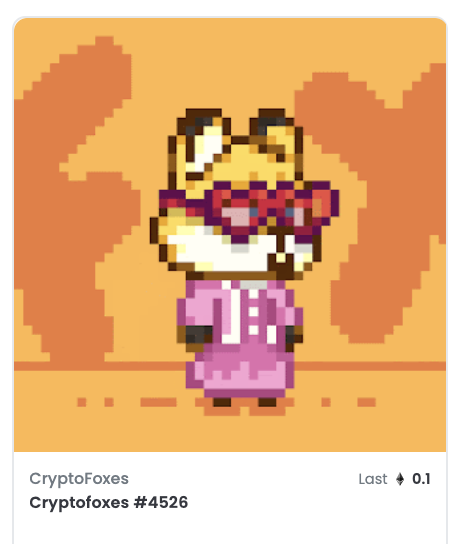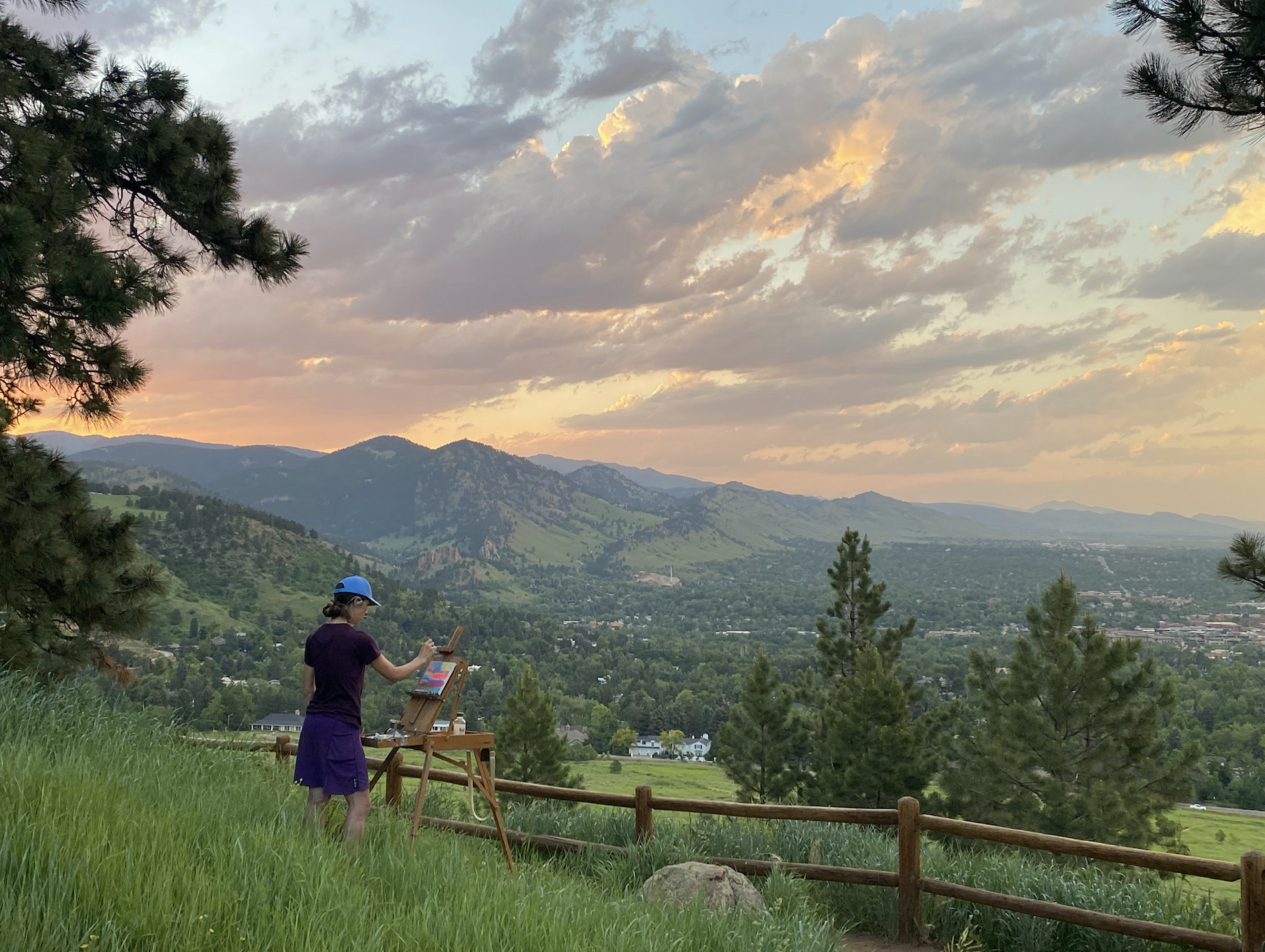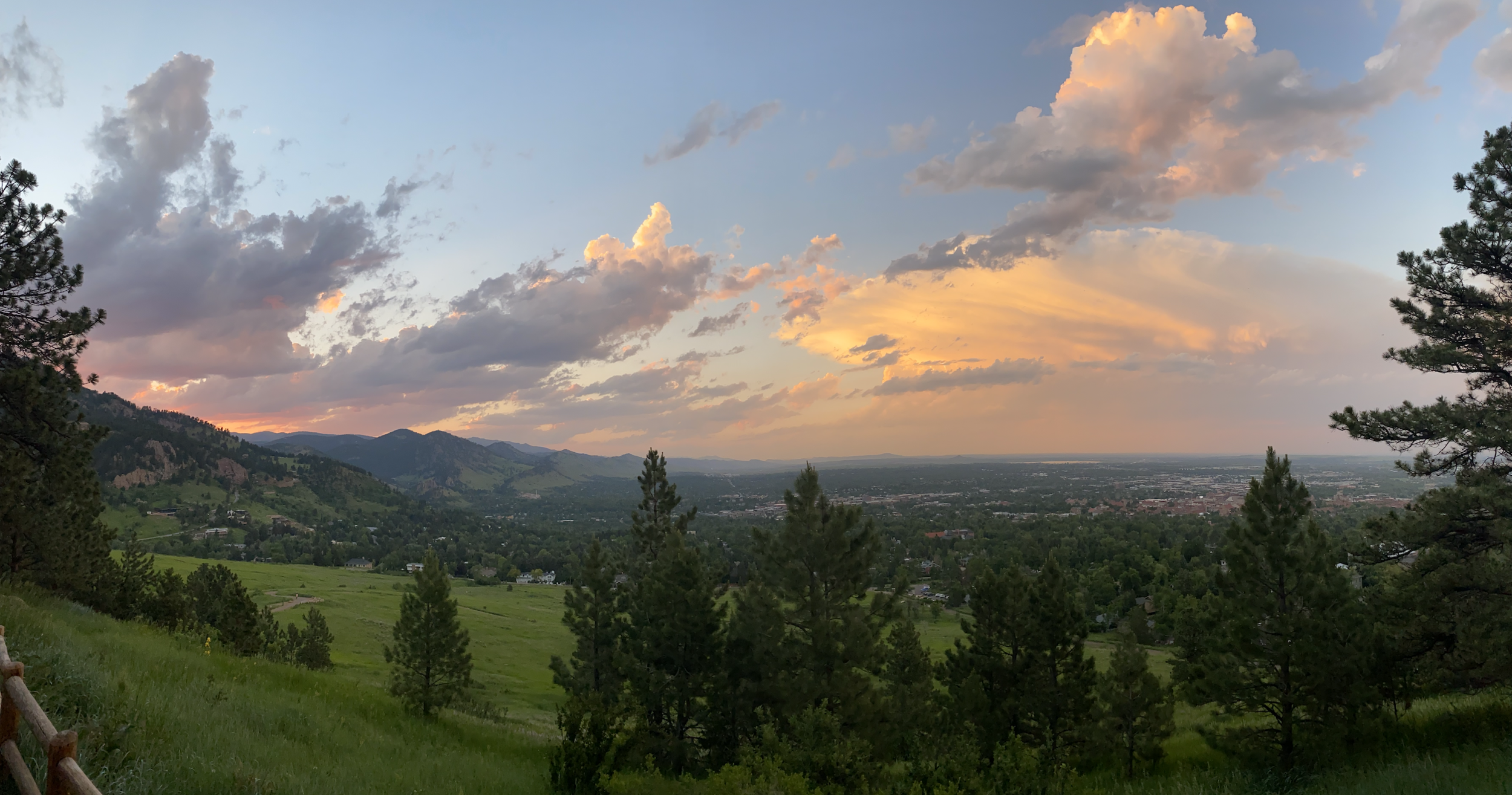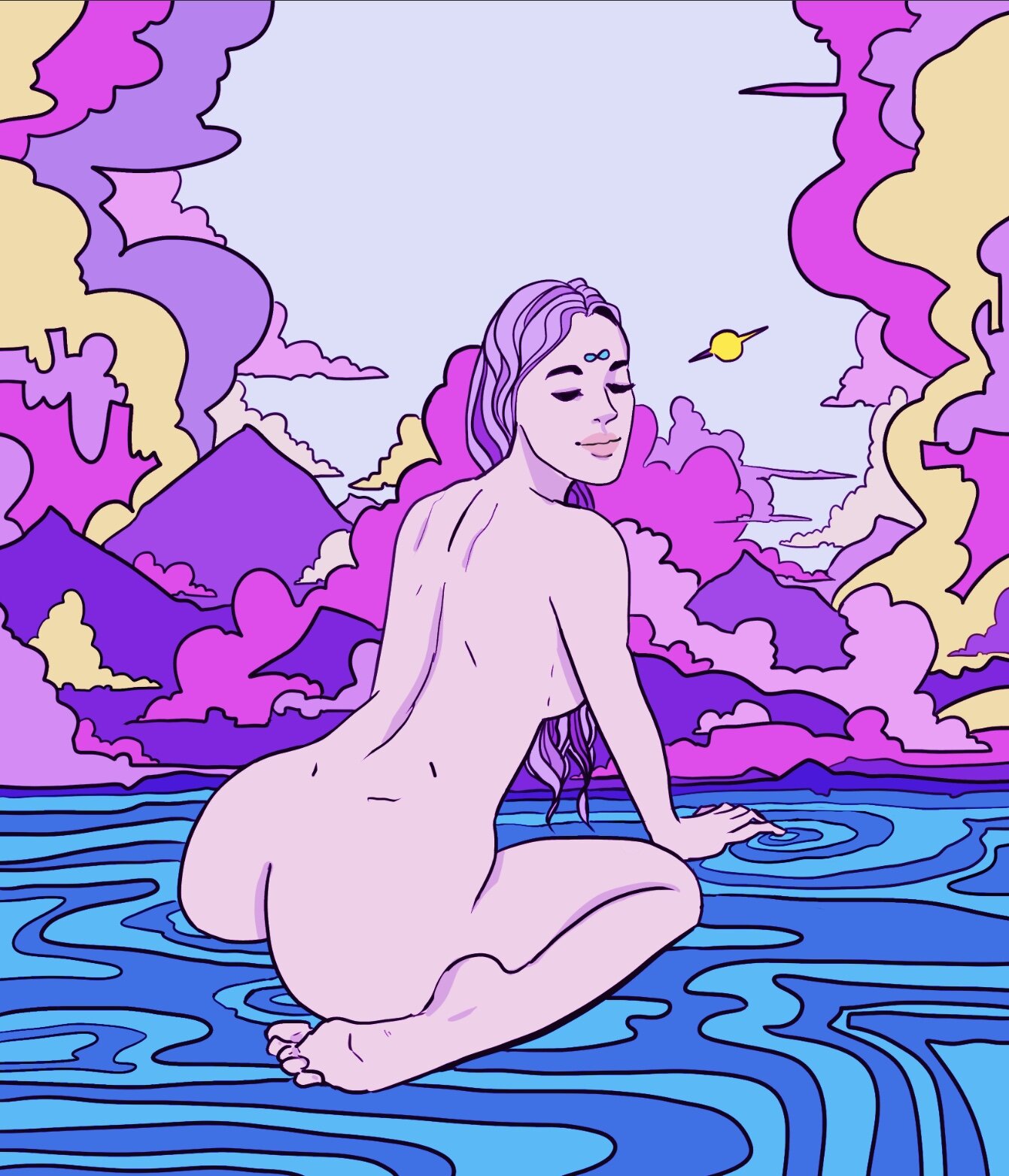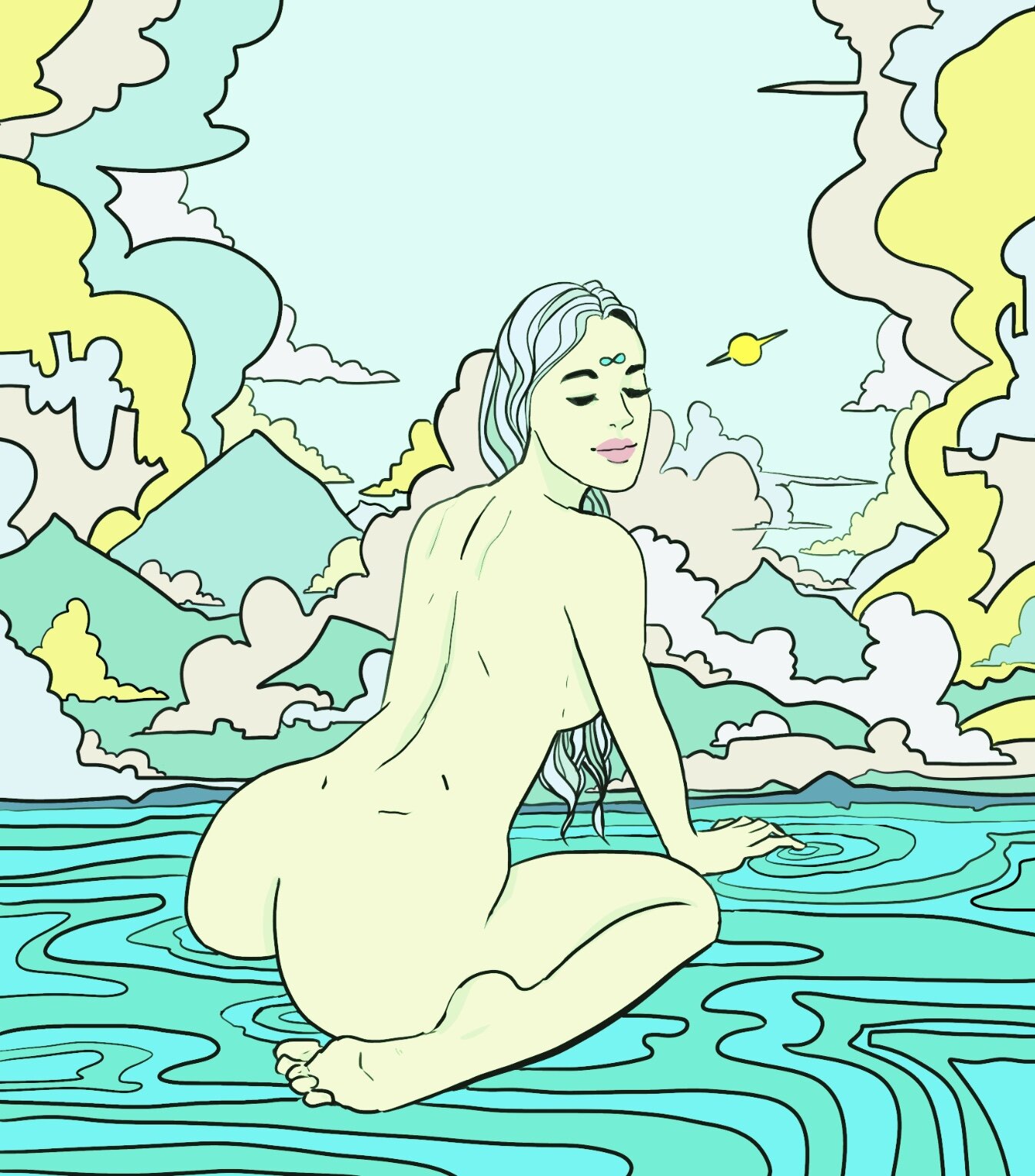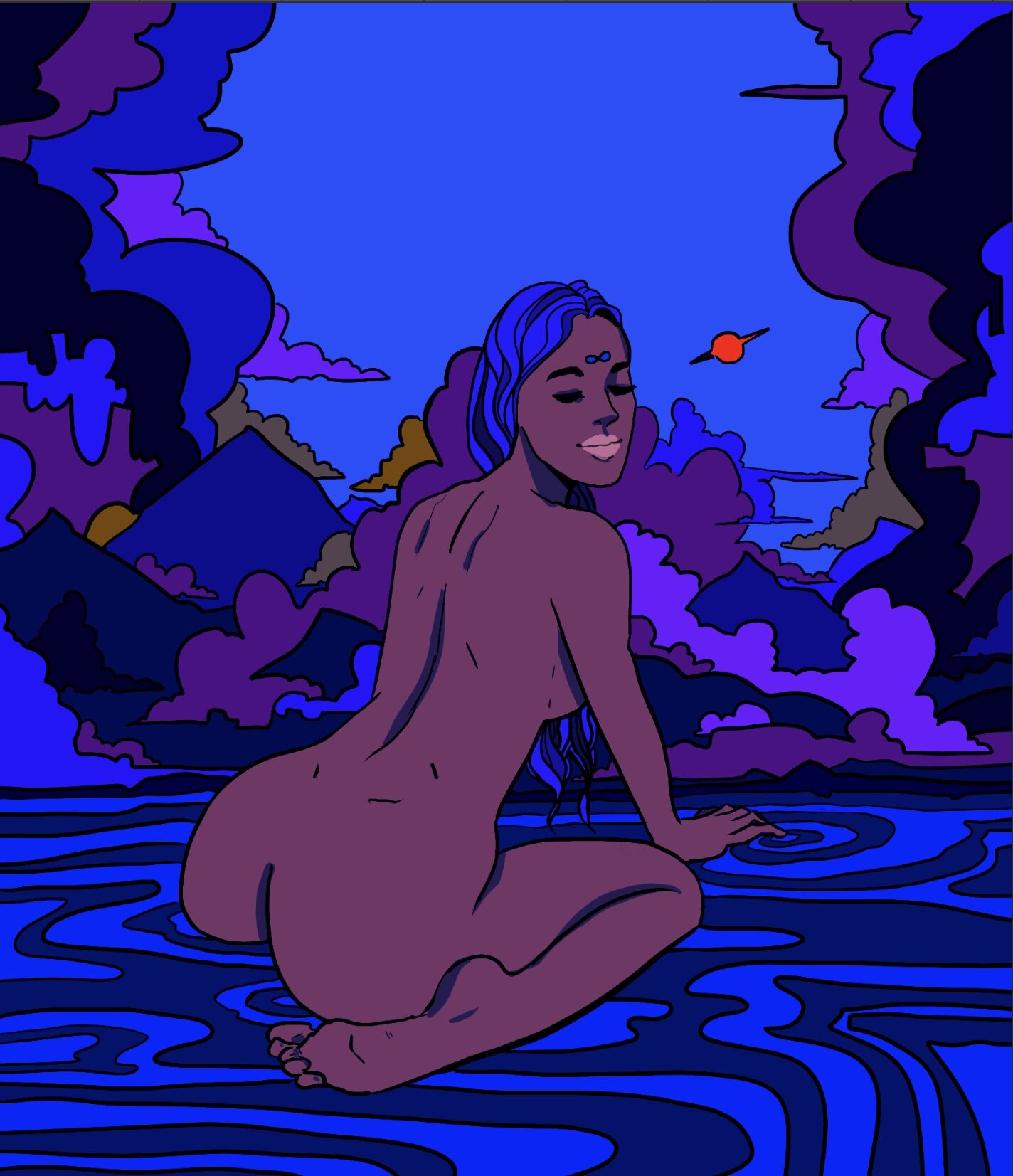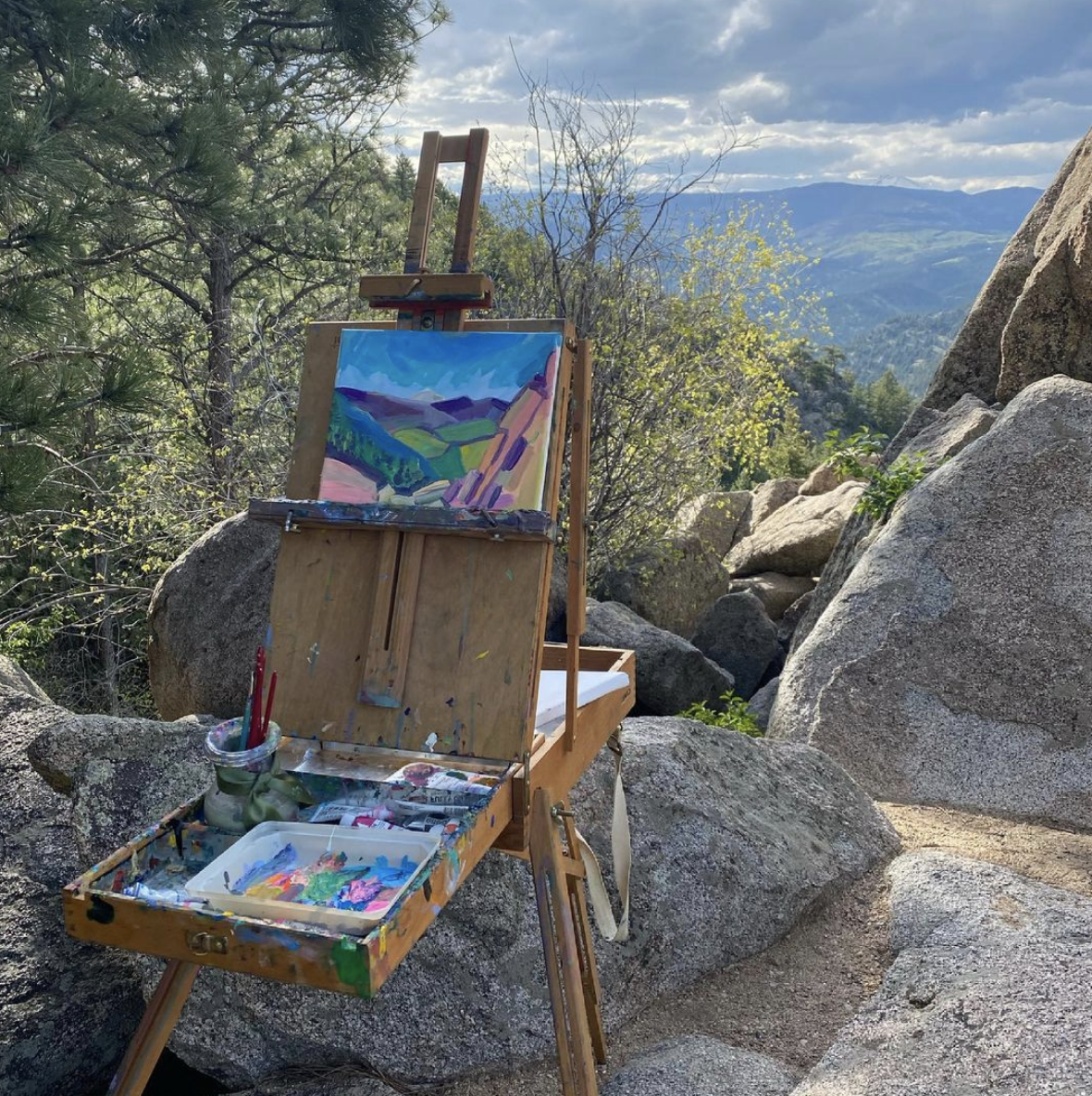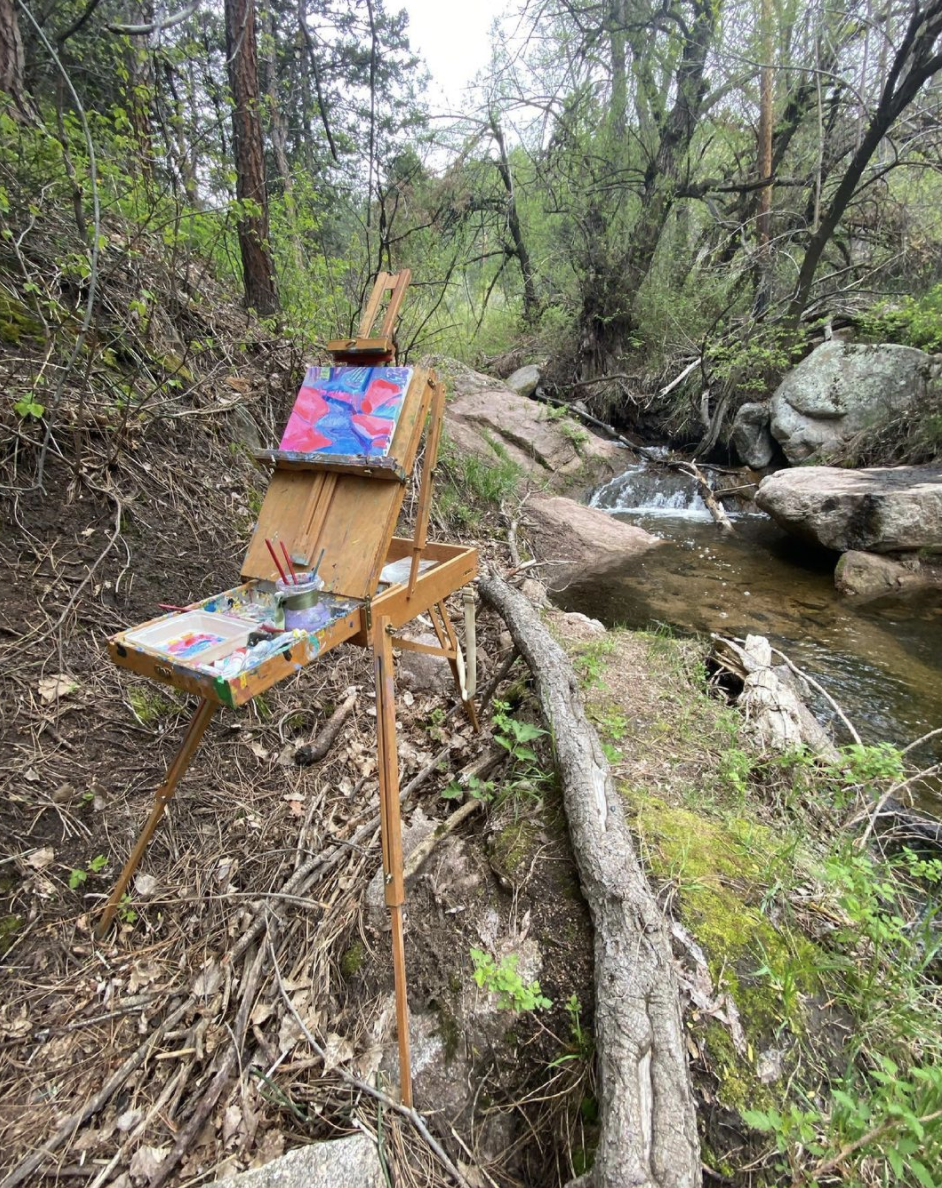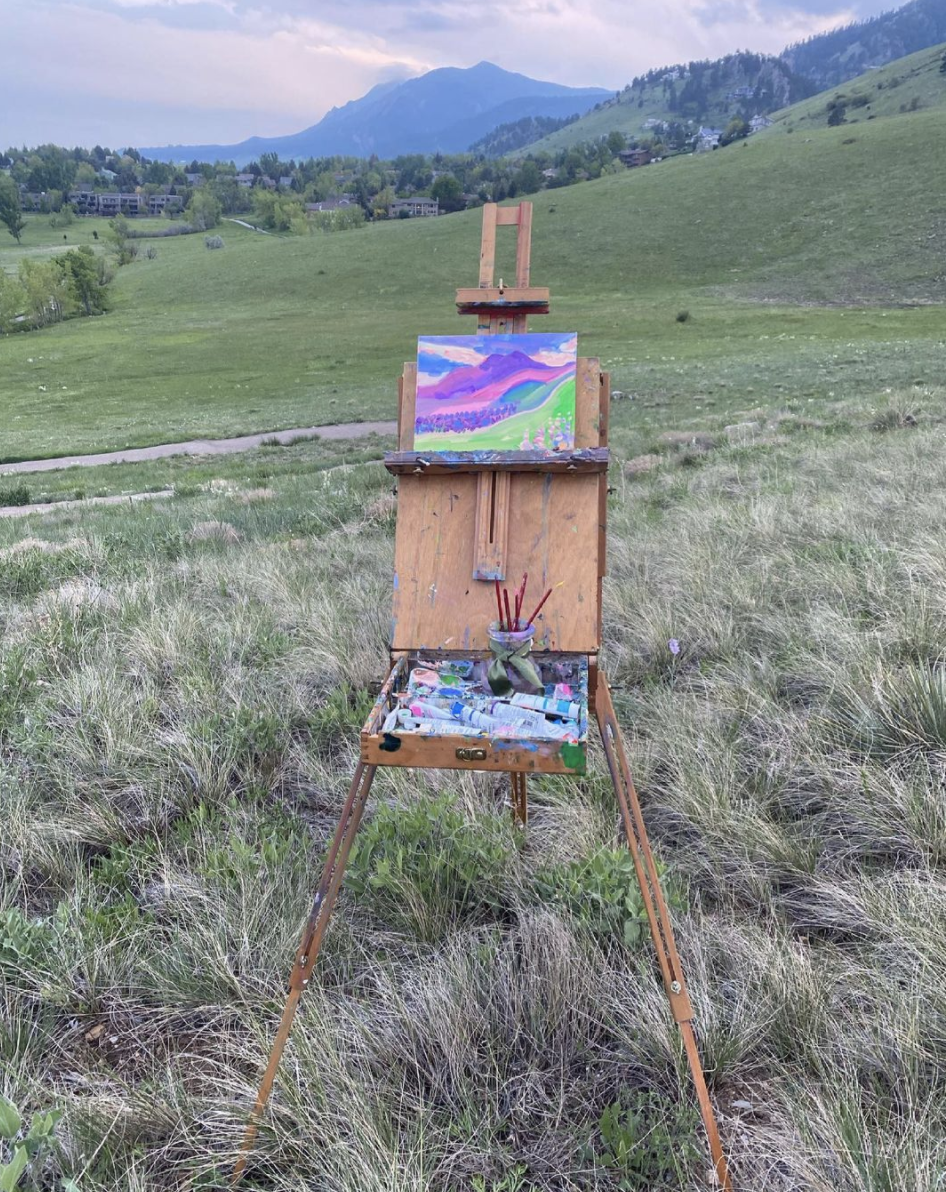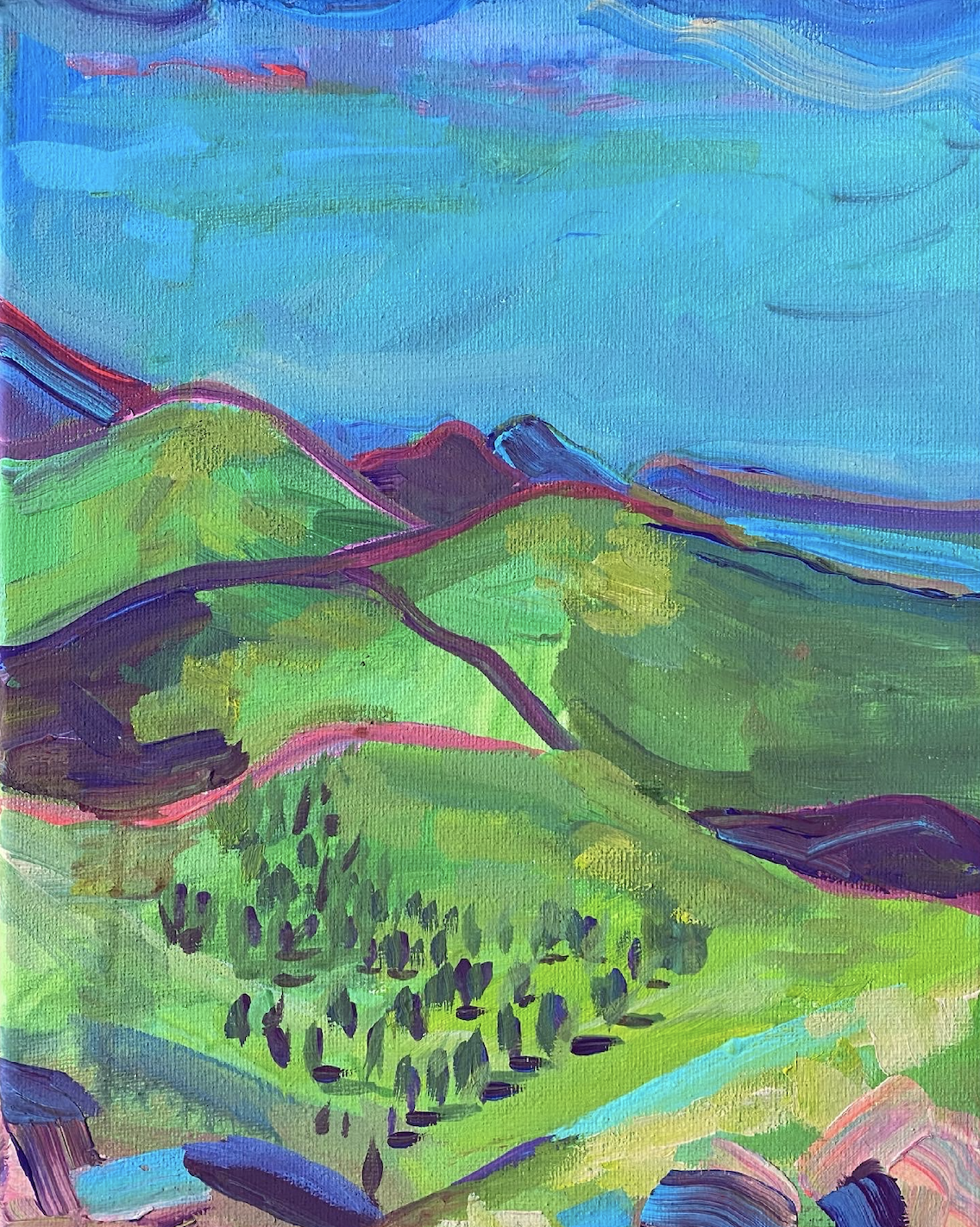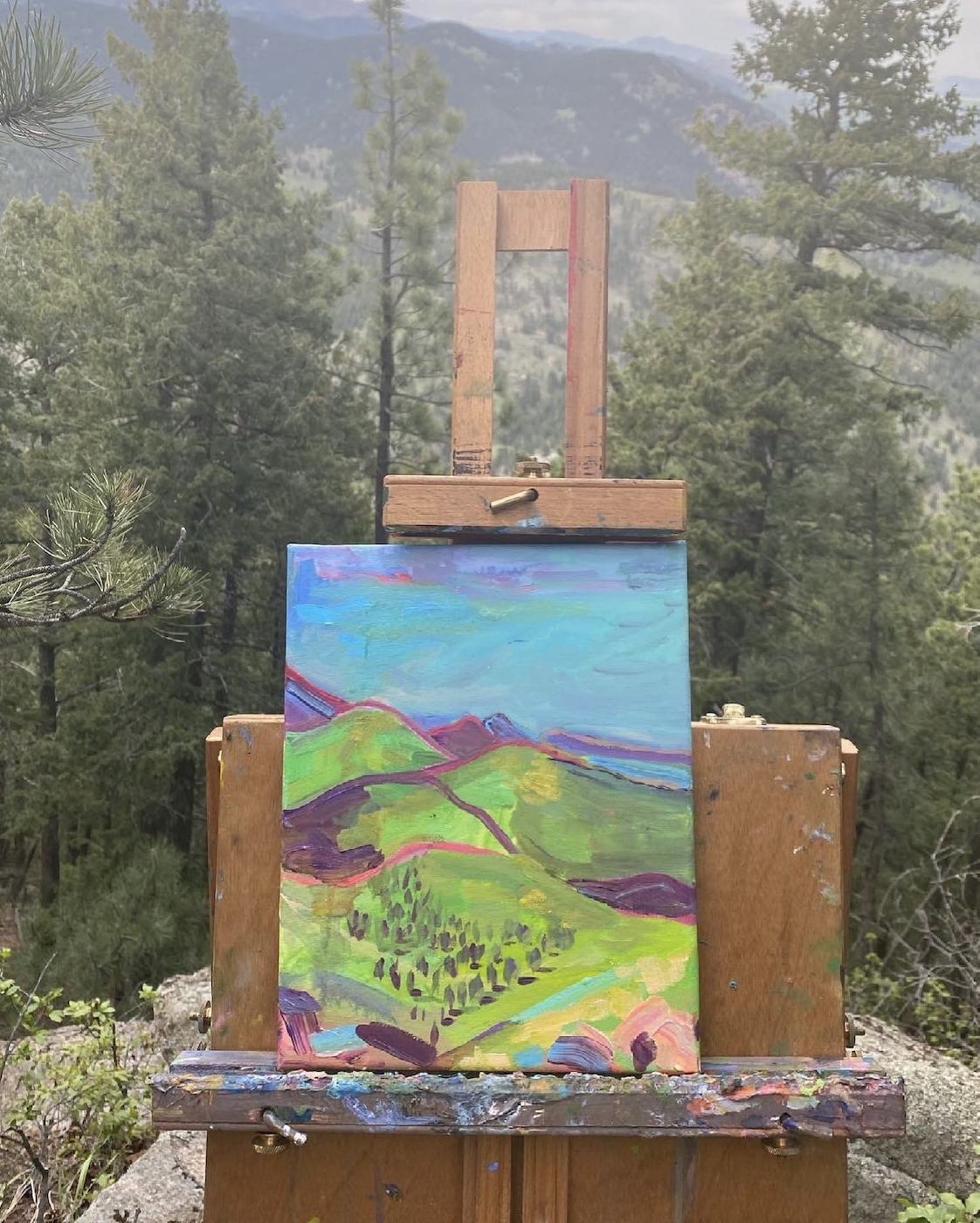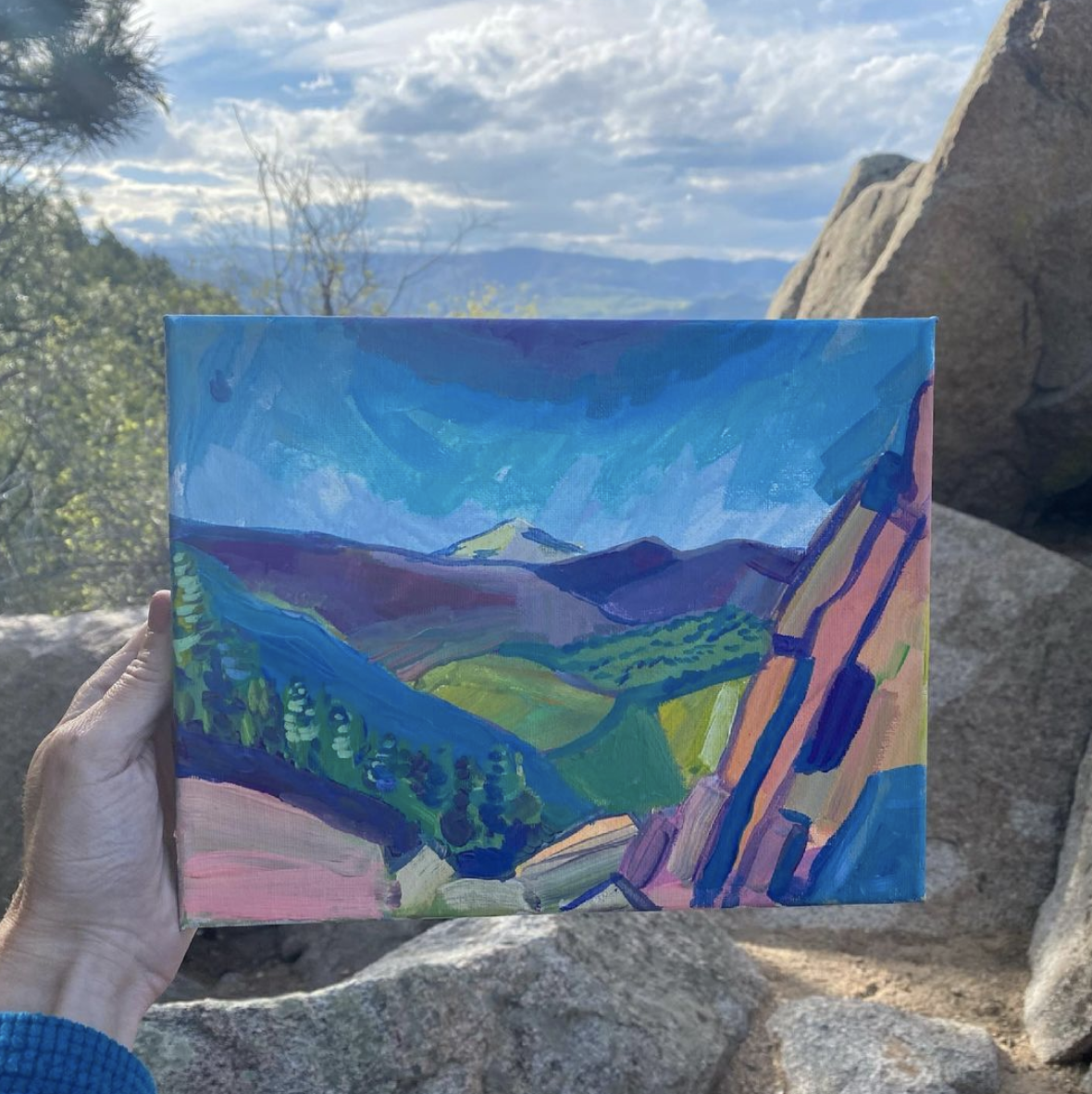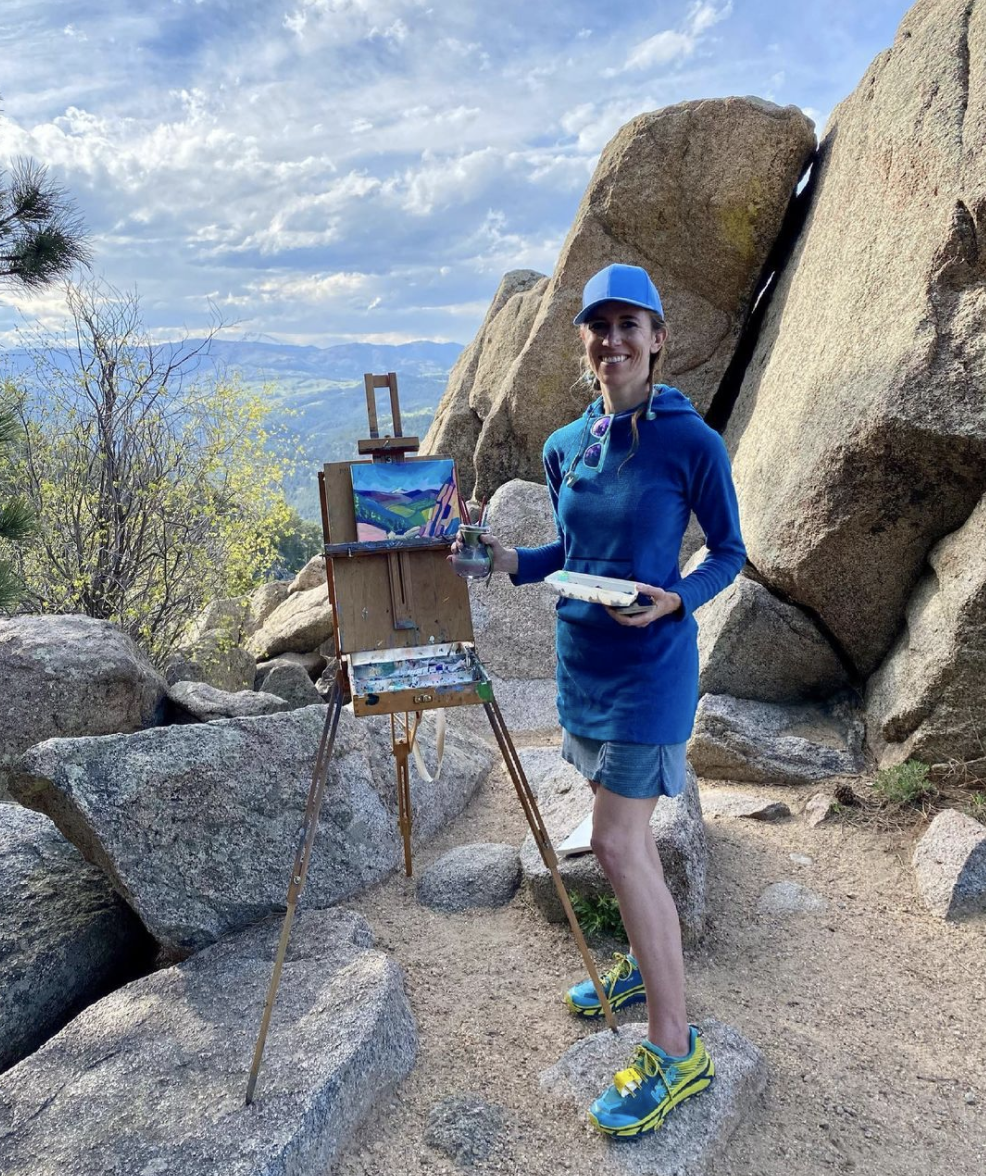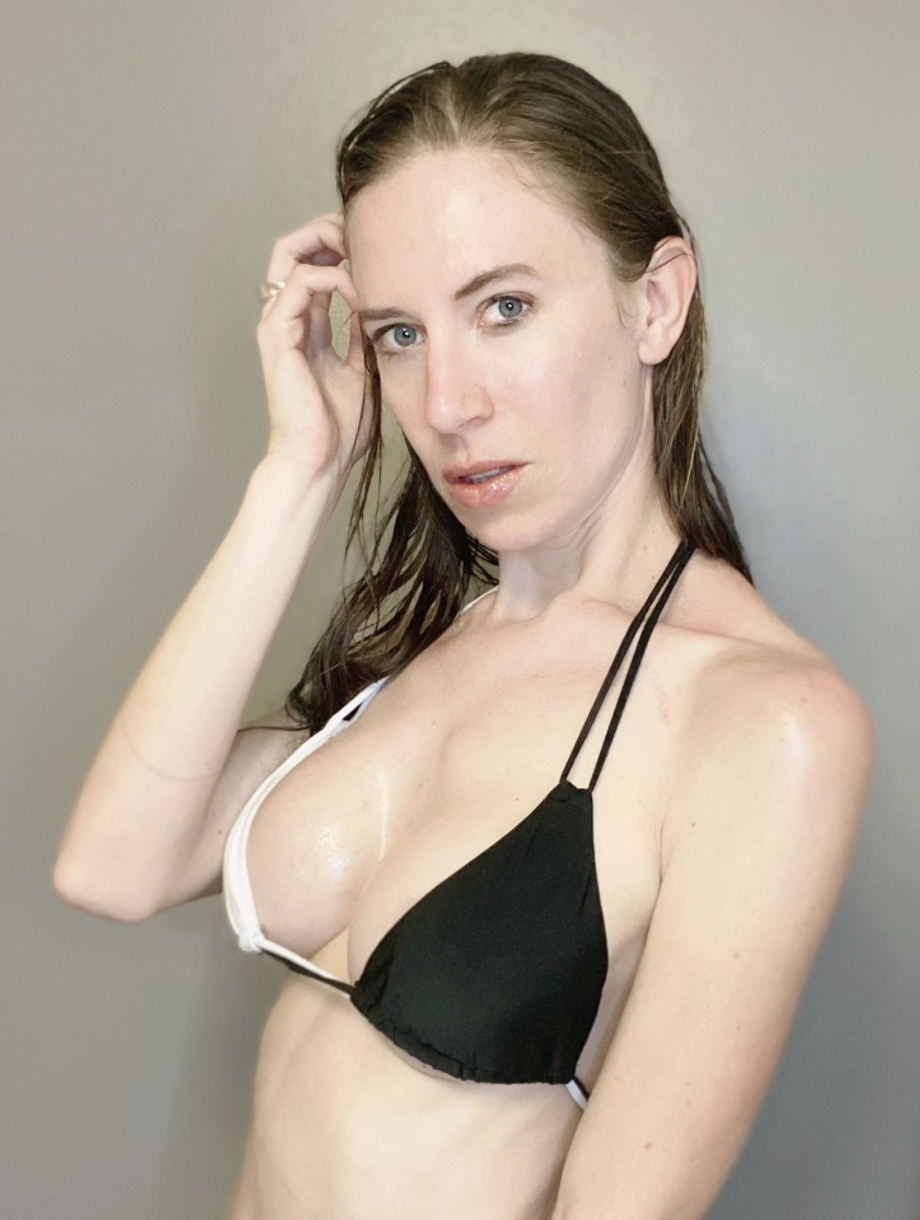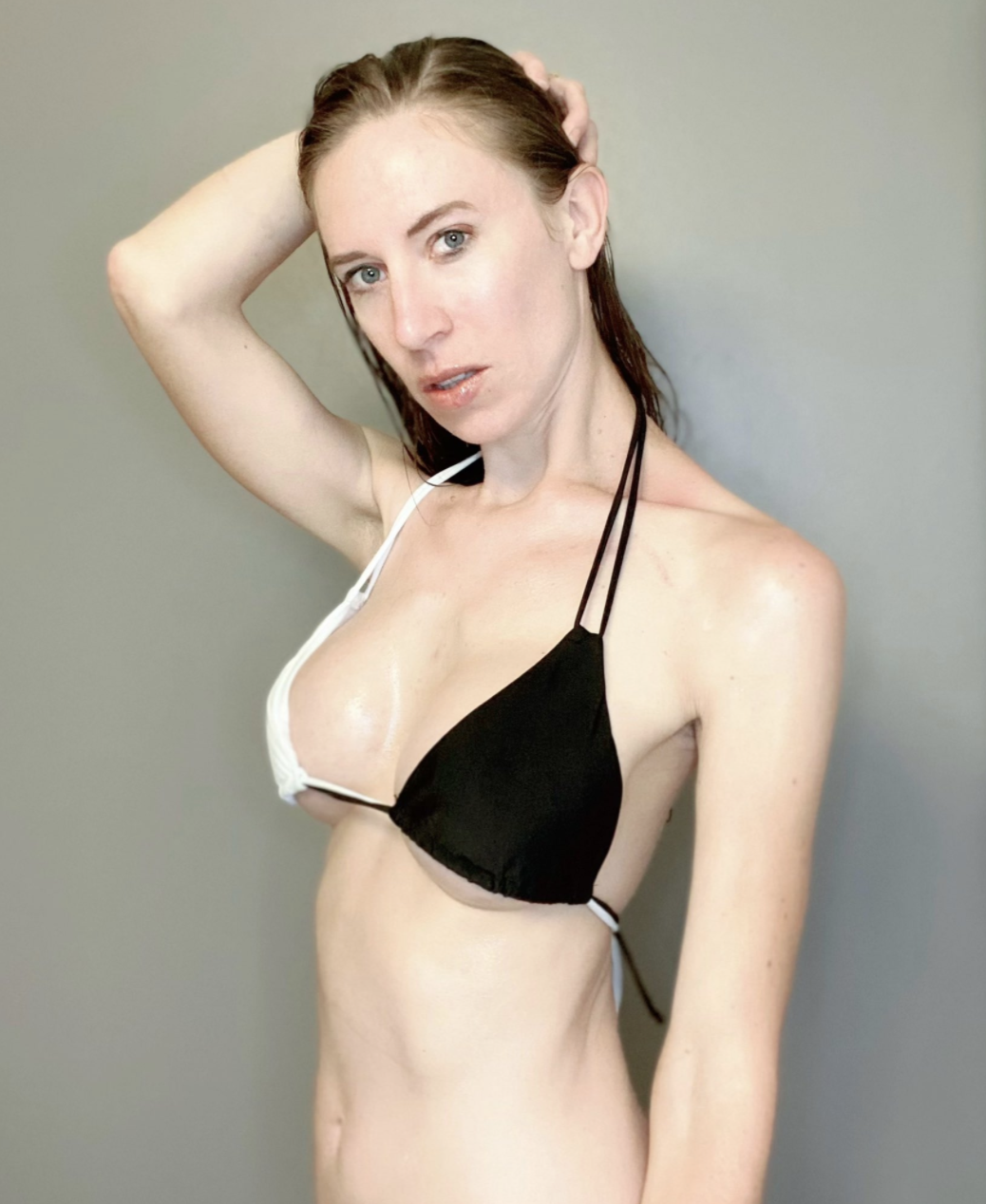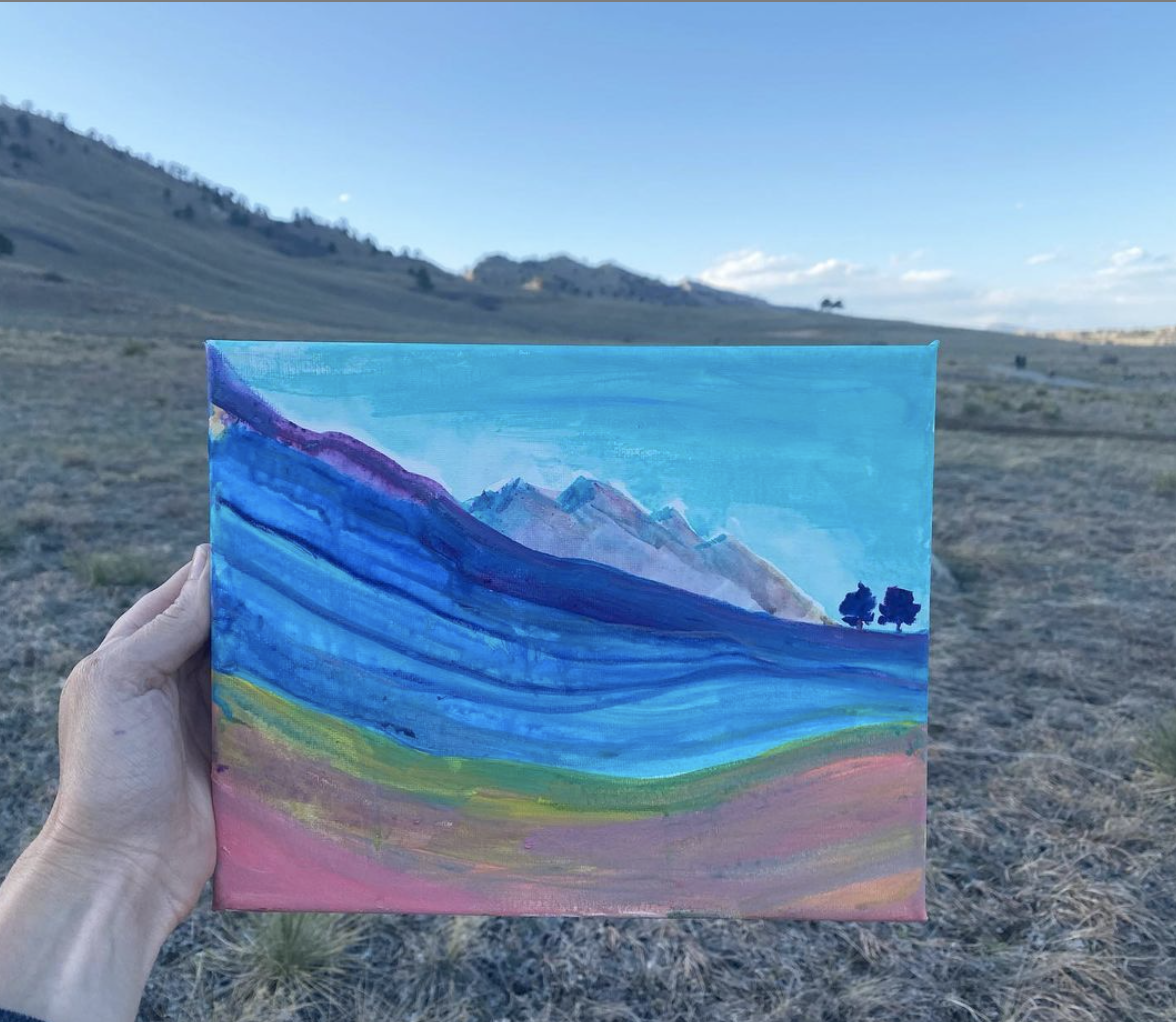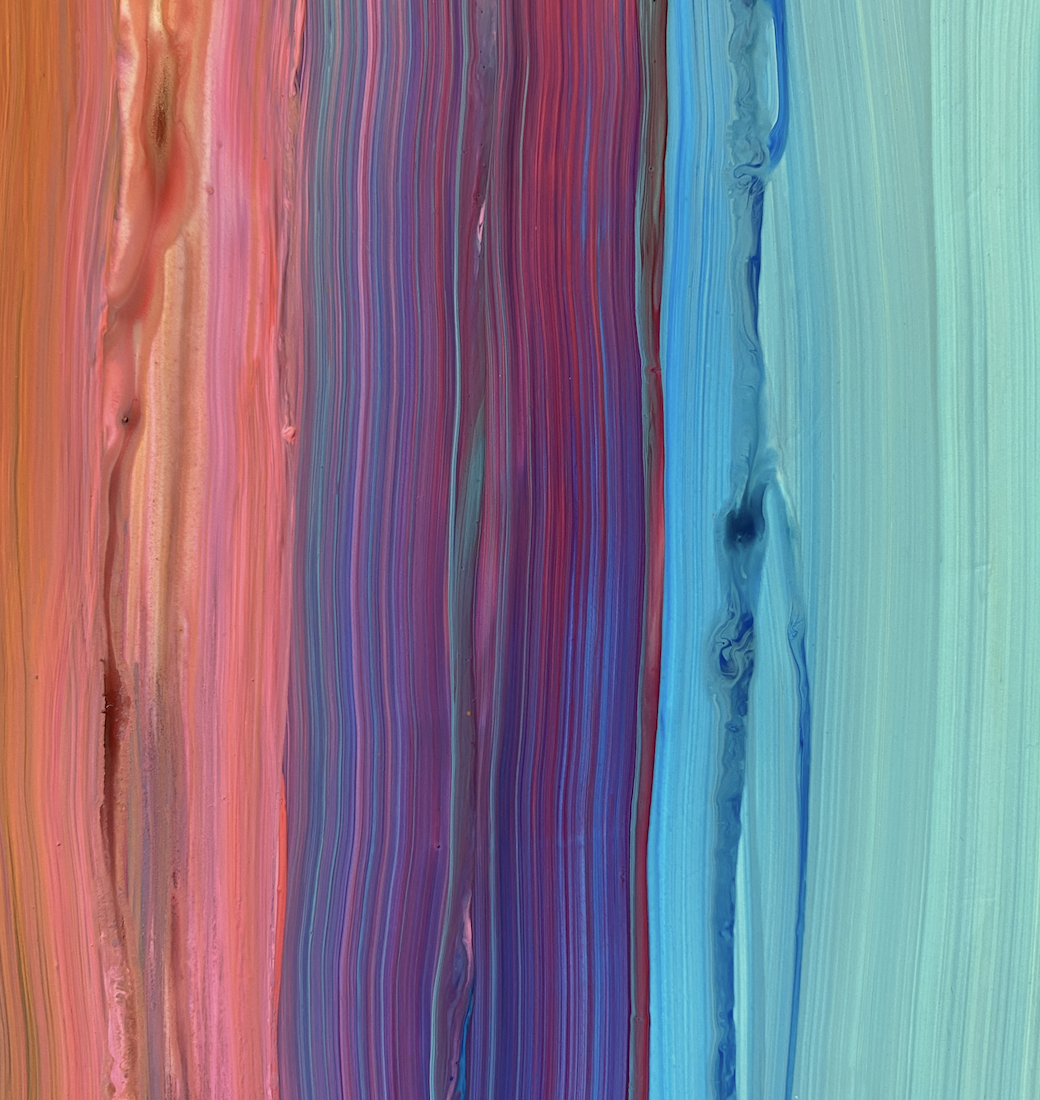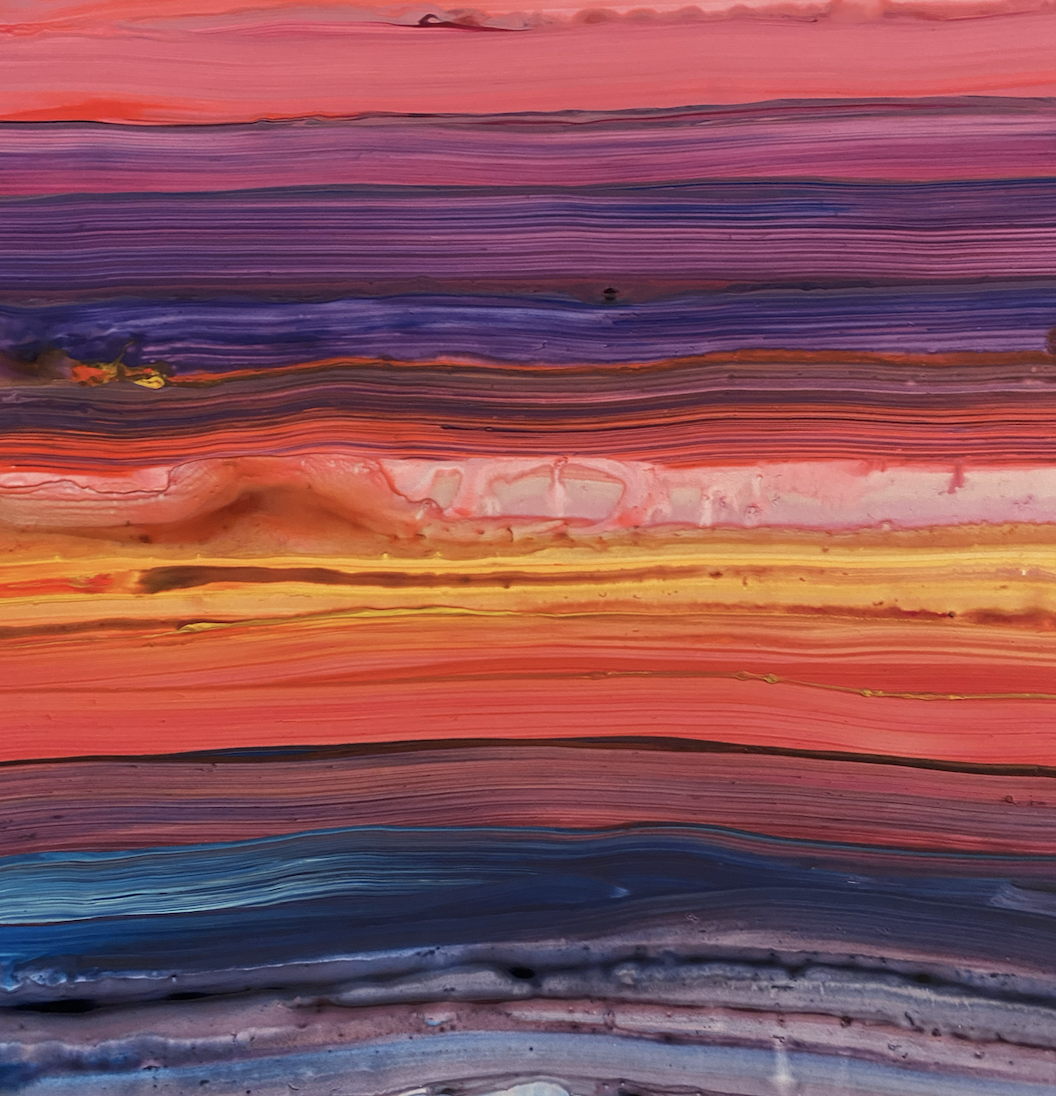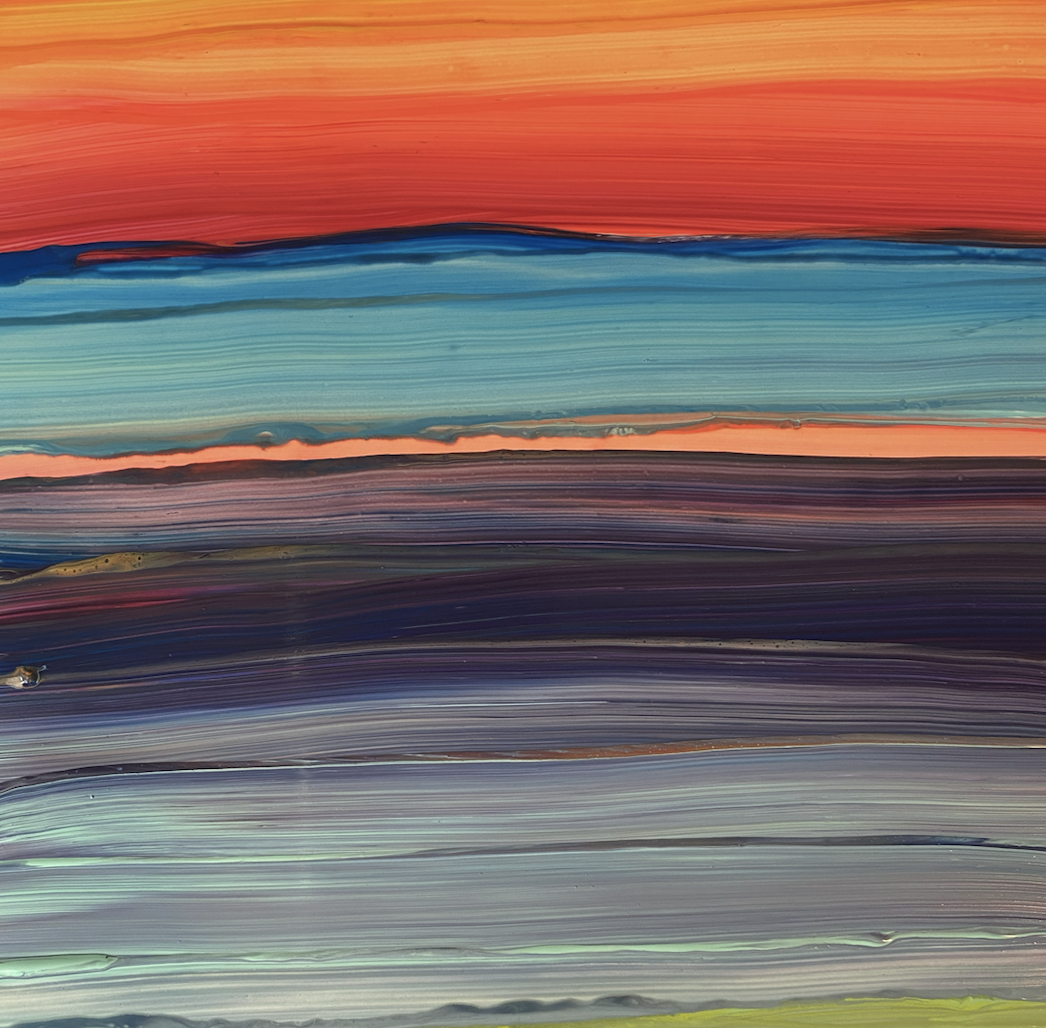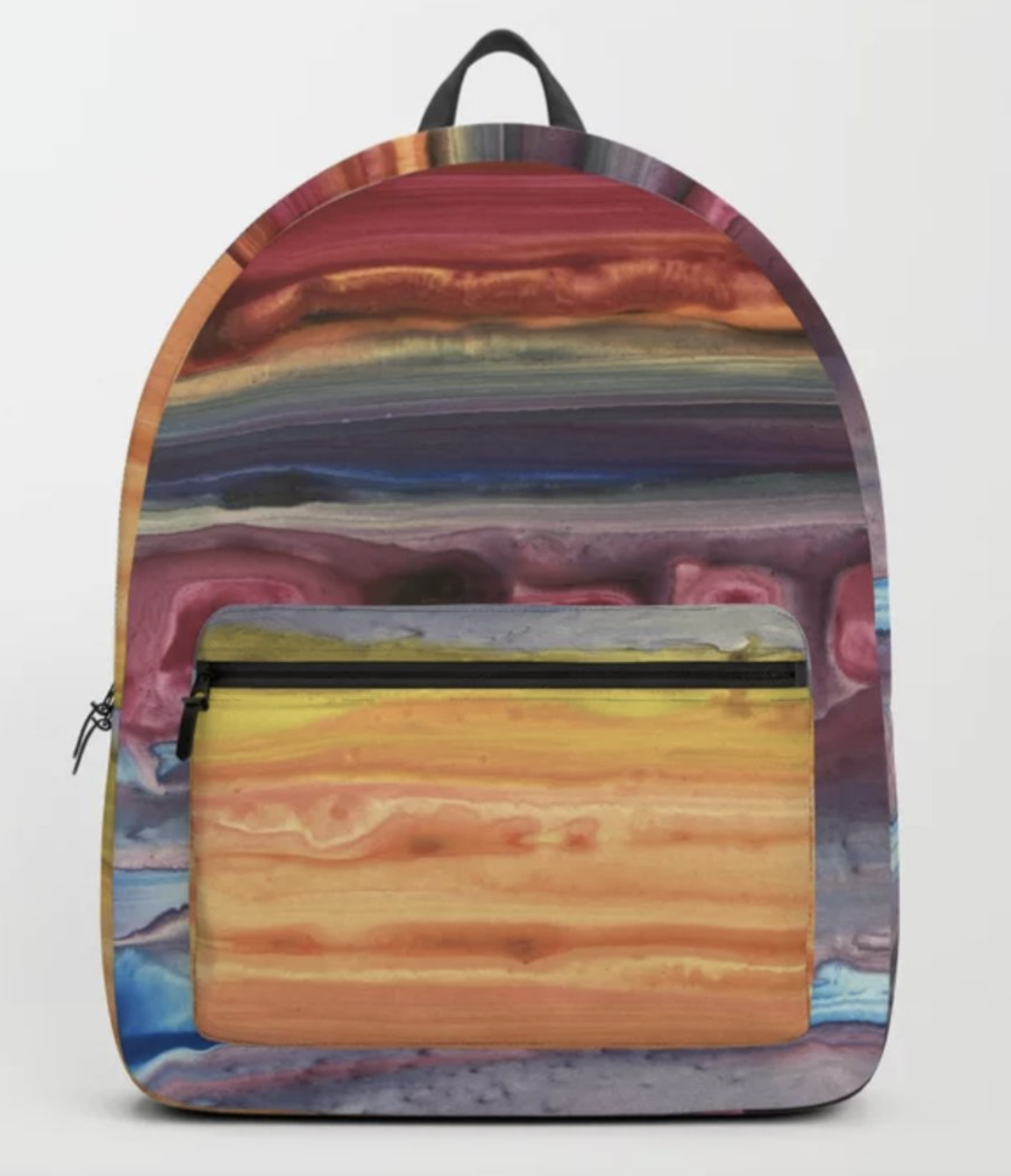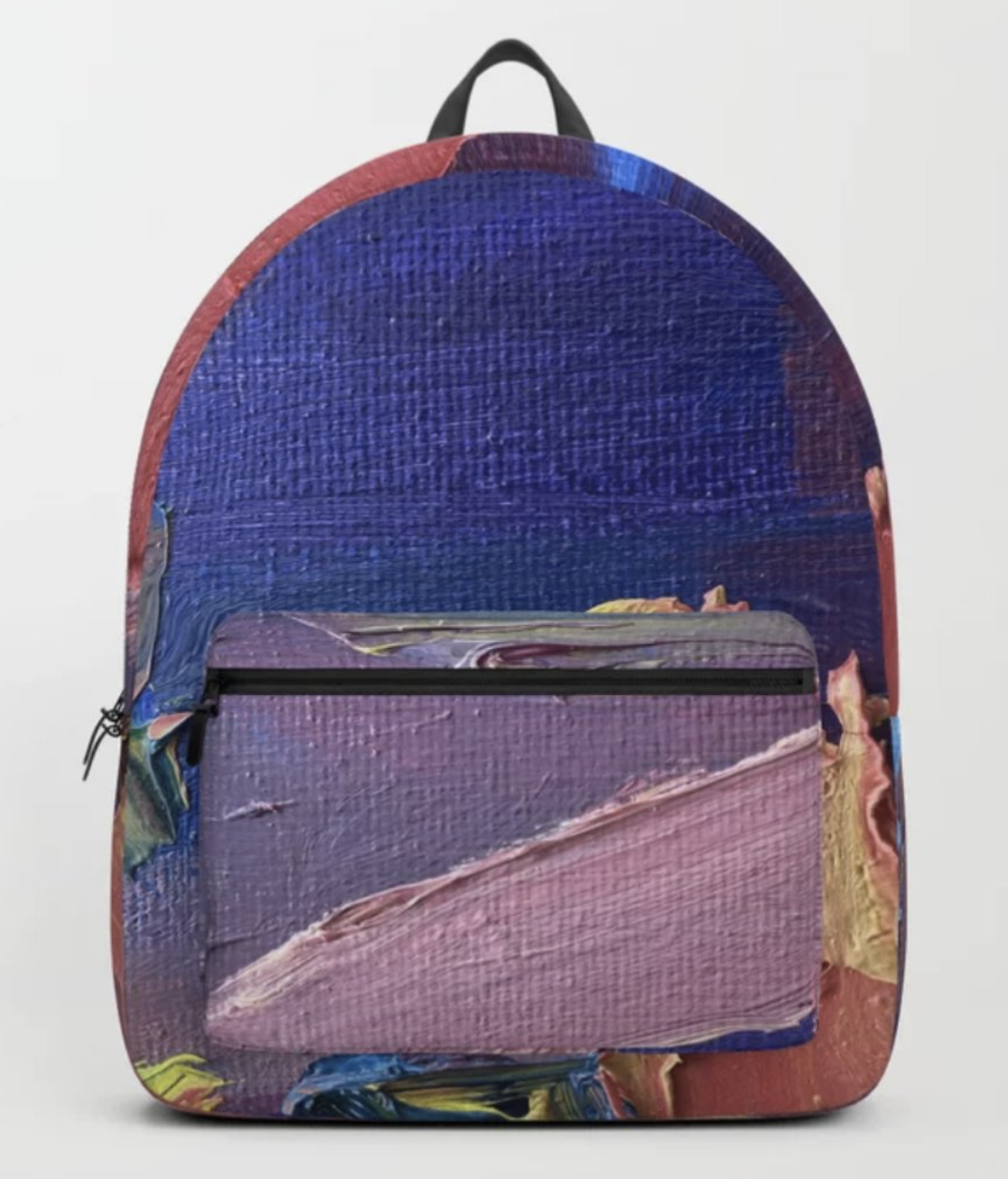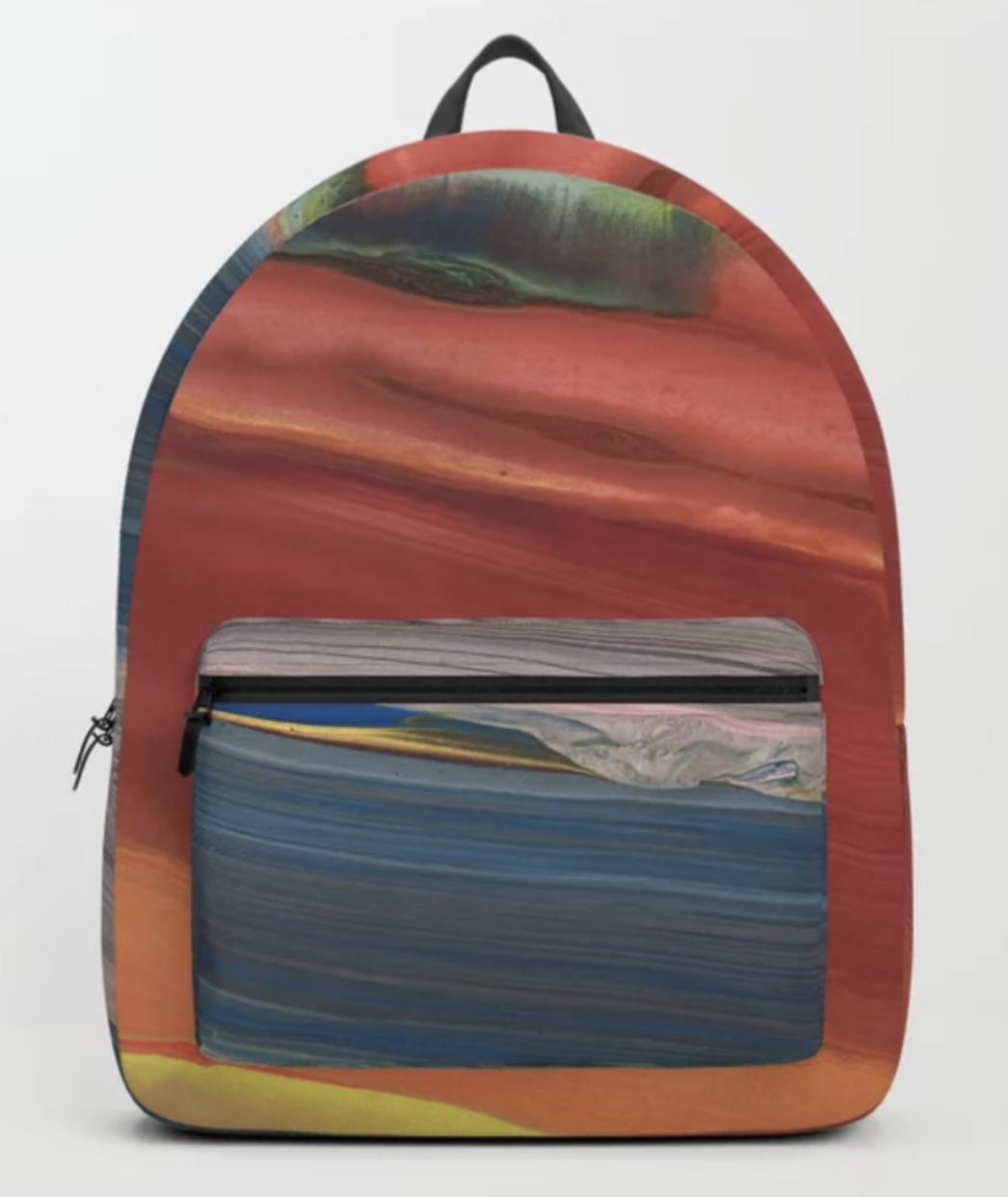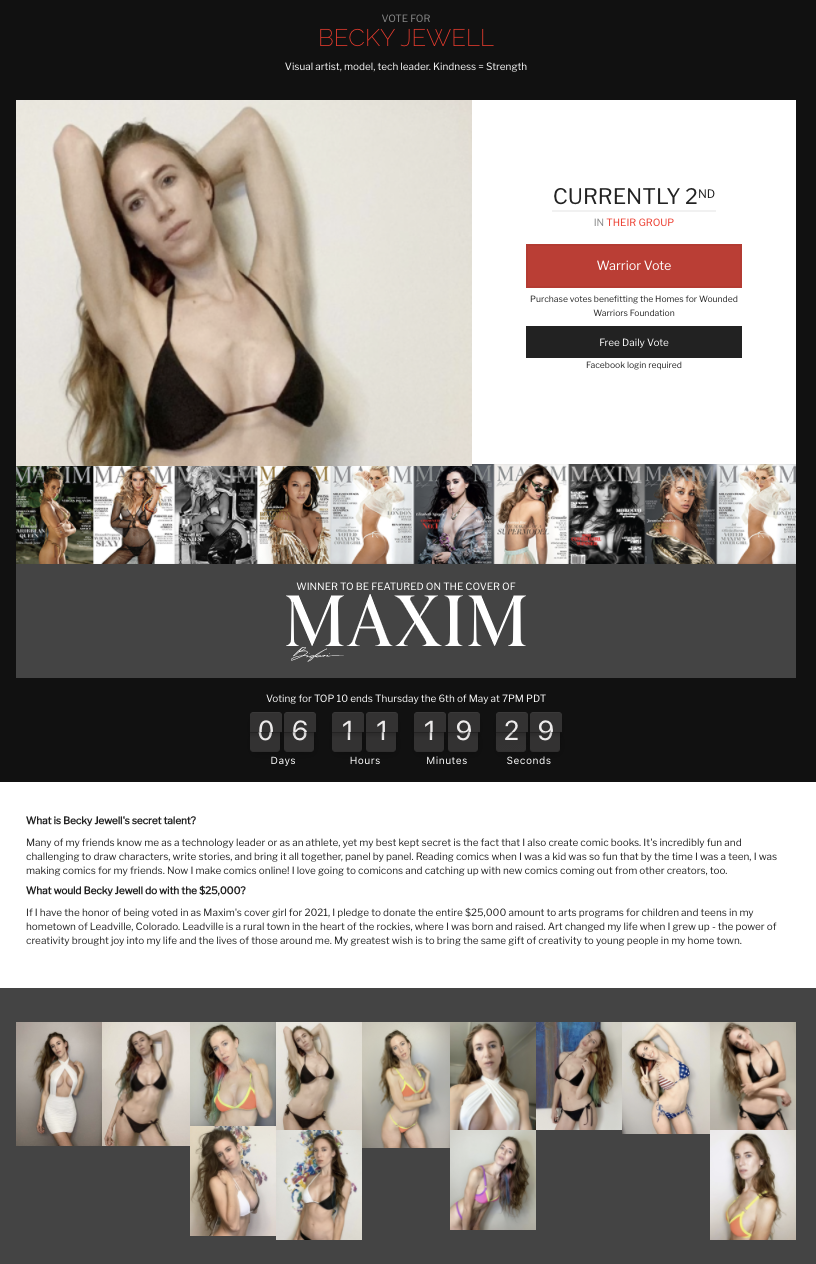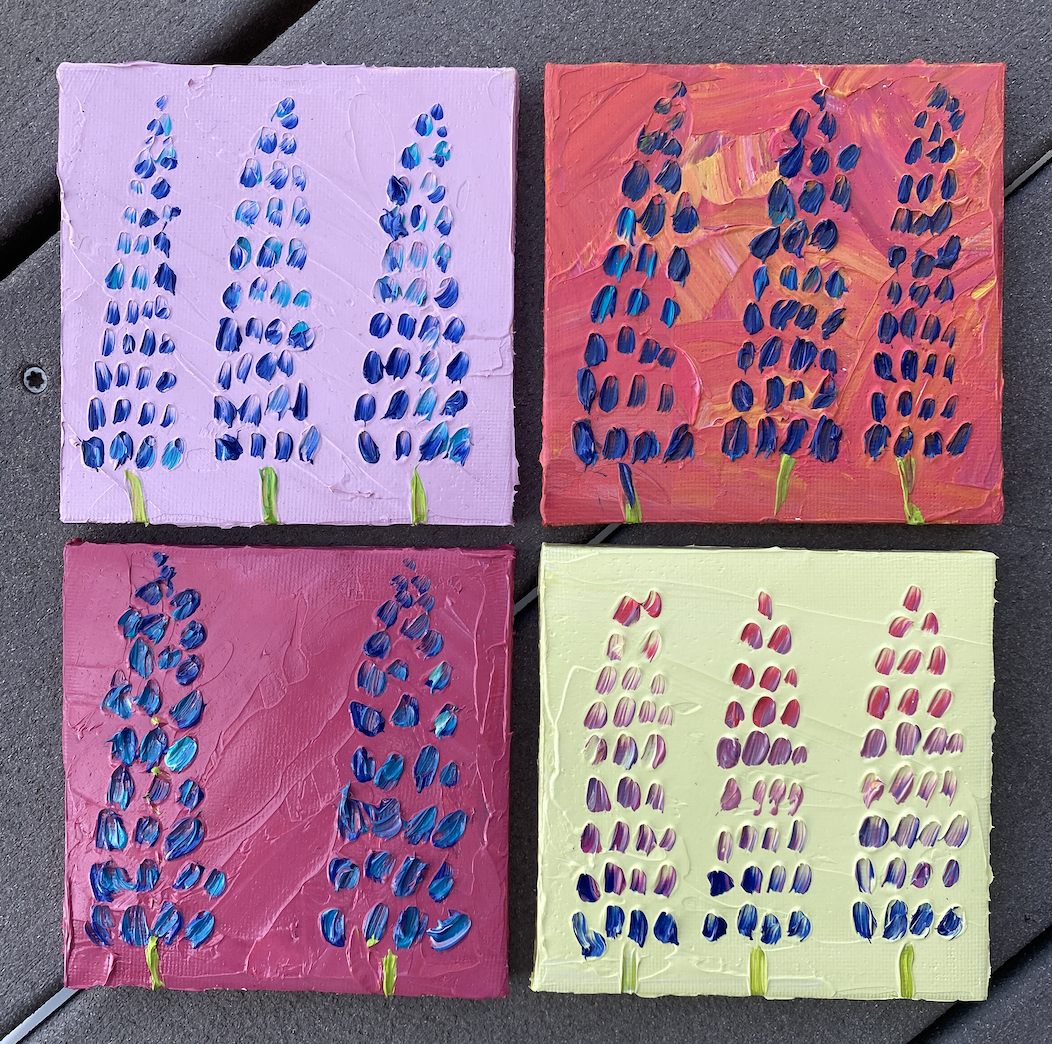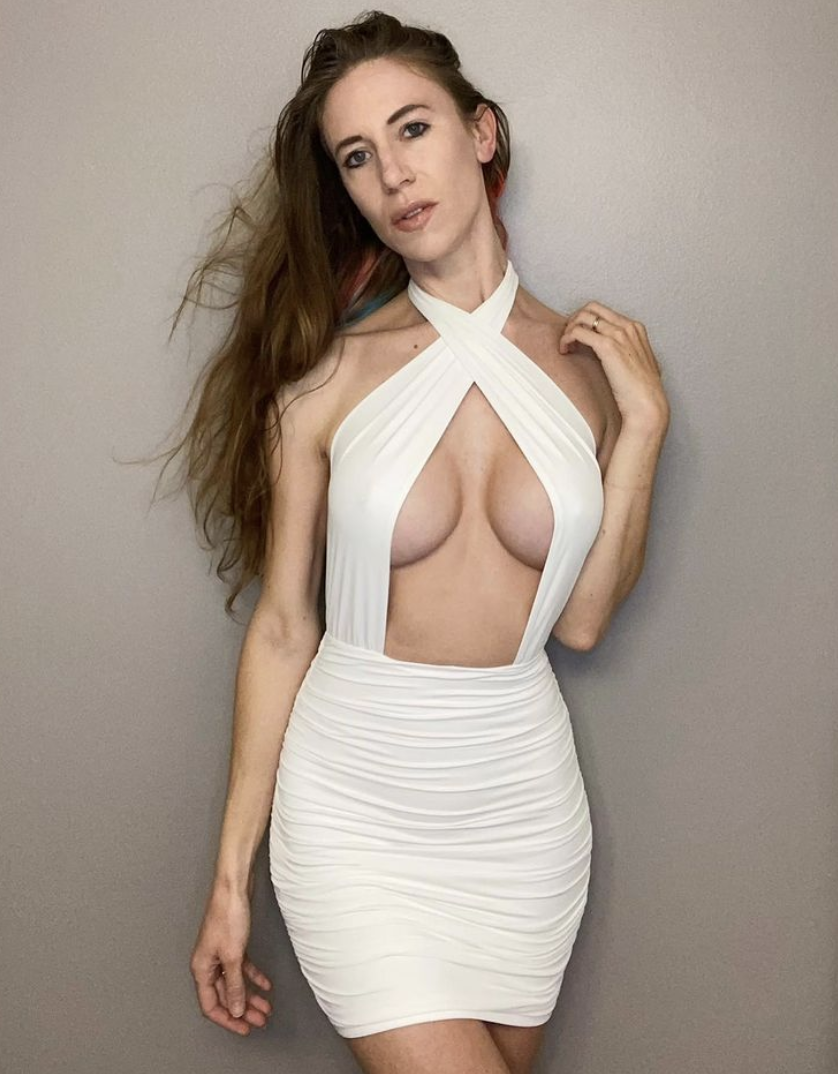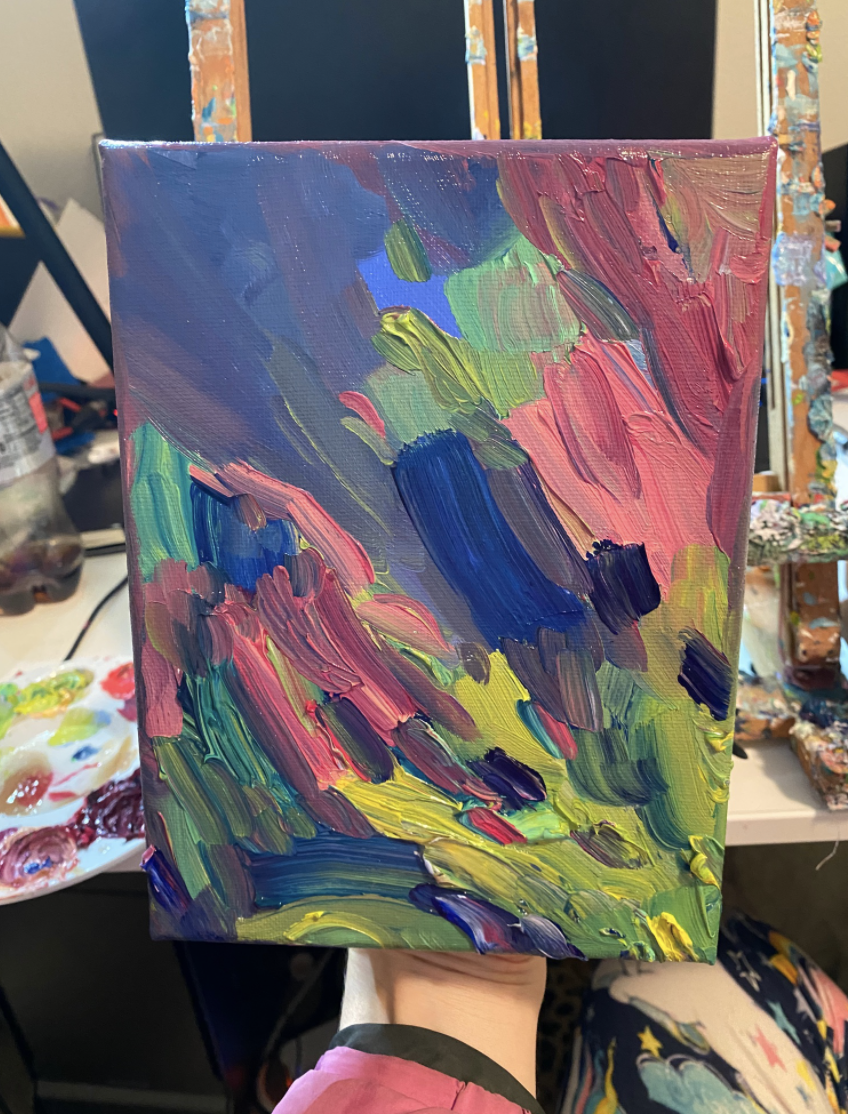After a year of no alcohol, I have put together my thoughts on how I became sober, what it was like to quit, what I did to stop, as well as what I see in the future for anyone who wants to stop.
My At-Risk Social Groups
It was no mystery to me that I am in two groups where drinking is deeply integrated into life: the tech world, and the art world.
Every artist and art enthusiast loves going to art openings and drinking wine. Artists are also often seen as, well, a bit colorful, and with that comes the stereotype that we all love drugs and alcohol. There are only 1 million depictions in movies, books, and magazines of artists being drunks, smoking, or artists using drugs somehow. Drugs and alcohol are posited as a way that we artists get our ideas, or as an escape hatch from the trauma of our exciting lives (haha). I used to love drinking with my friends in school, Drink and Draw was sort of our thing.
Add to this the other biggest facet of my working life, the tech world, where drinking is so normalized that most software companies pretty much have beer on tap. I’m not so special that I avoided all this, in fact I indulged in this for years. On several work trips, I would drink every single night with my coworkers. Monday, Tuesday, every single night - and it wasn’t because there was a holiday or anything to celebrate, it was just how life was lived. After a full day of working through intense story problems and software issues that would make any grown man cry, nothing sounded better to me than crashing through some margaritas. I crashed through a lot of margaritas in my time in software.
In addition to the art world (wine and cheese) and the tech world (beer at the office), I’m a part of a third group that is extremely at risk for abuse due to alcohol: women. My take is that women are marketed alcohol left and right. There’s also overlap with women in art and women in the business world - Too many go-getter women-power self improvement business books geared towards women talk about wine culture and enduring negative experiences by getting drunk. If I open a book that is supposed to be empowering to women and it starts talking about wine, I usually stop reading it immediately. I know this sounds harsh, but I’m just not that into it.
Around when I was 19, one of the most liberating moments of realizing adulthood was that I didn’t HAVE to finish reading some books. Unlike in school, in life, if you’re reading for fun, you don’t have to finish anything for the assignment or book report. You don’t have to do what everyone else is doing. If you don’t like it, nobody will be mad at you for turning it down.
That said, I didn’t learn how to turn things down with alcohol until much later.
I Break Down My Own Argument: Why Would My Social Groups Even Matter?
Am I thinking too hard?
Sure, students, passionate artists, and high-octane, high-stakes techlife people are going to be vulnerable to drinking, but, in parallel to all of this, I can’t help but think that alcohol has simply done a very good job of infusing itself into many different kinds of social groups. I could have probably written all of the above if I were a member of a bowling group, or if I were a pro basketball player, a cook, a racecar driver, or bridge enthusiast.
No matter what I chose as a profession or identity or social group, chances were good all along that alcohol was going to be somewhere near it. It’s simply everywhere.
Professional Noticer
In my professional life I am a pattern-weaver and noticer. It is my job. I am rewarded over and over again for identifying and improving patterns and behaviors, and also noticing problems, making small adjustments for user experiences. One second saved by one user is days and weeks of time saved for hundreds of thousands of users. One process tweaked for a team means the whole team is improved. One experience made happier for one user is thousands of satisfying, happy experiences for thousands of users. What is simple? What makes people happy? What is least risky? What makes life easy? To lean on a well-used analogy, I’m often in the weeds on issues with technology, but I’m also at 30,000 feet, looking at the geography of the weeds.
The same is true in painting. You’re working with detail, and with scale. The smallest detail matters, and so does the whole thing. The details are the whole thing.
Same thing with comics - each panel matters, and so does the whole book. Being a software executive who paints and makes comics doesn’t make a lot of sense at first, then it makes more sense than anything at all. Once you run into one of us, you’ll start to see more of us at various companies.
To me, taking a sky-bound professional noticer view of alcohol, what it looks like is dozens of well-loved people of any gender, in any walk of life, rich or poor, racecar driver or painter, getting taken out left and right by accidents or problems directly caused by alcohol.
In the weeds, it doesn’t look so bad. It looks quite nice, actually. One beer isn’t a big deal, neither are a couple margaritas.
Living in The Weeds
I think this is part of why quitting is so hard. At first, when I quit, I started to see the weeds around me in perfect detail. It’s terrible, I’d rather have them be fuzzy, but that’s the problem… whether I drank or not, I’d still be in the weeds.
Even when I was drinking, I would tend to surprise my friends by how much I can remember events, people, or things. Having a fearsomely accurate memory might be one reason why drinking was so attractive to me. Who the heck wants to remember all of life’s most terrible moments, all of our personal failures, rejections, and losses, when all one has to do is drink a couple beers or some wine?
The good thing about an accurate memory is it can be used to summon up positive memories as well as bad memories. If the brain is so powerful that it can bring up trauma or remind us of how terrible some parts of life are, it can be powerful enough to bring up whatever redeeming moments are out there.
Sometimes, there may need to be a jumpstart in this process, like therapy or medication or rehab, if anyone is caught in bad thought cycle or depression. We all get stuck. It happens.
For me, the jumpstarter was exercise and running.
What I Did To Stop
As far as what I actually did to quit, I did very little on the psychological side, I mostly got into exercise in a big way, and this distracted me from drinking. I didn’t think very hard. I took a lot of action.
My official quit date is June 1 of 2020. Here are the events leading up to that date.
In January of 2020 I was getting into running again after taking a multi-year hiatus. I would knock out 8 mile runs after work from time to time. I hit a goal of running 6 miles in 60 mins near the end of January 2020, and was super happy about it. I hadn’t run very seriously since high school, and I am in my mid thirties, so the idea that I could have some kind of speed was very exciting! At this point in time, however, I still was drinking from time to time.
Like for so many, it was March of 2020 and Coronavirus that simply cut me off from my social groups. No more fancy openings, no more meetups, no more after-work brews. March pushed me further into running, life at home, and life away from social events. Yet, for a couple months, I still drank. I would mow my lawn and then have a beer or two while reading books. It was a fraught time, a time to read the news and try to ignore it. It seemed like every hour in April, ambulance sirens would be wailing down the street outside my house. There was always something. I started to feel like I lived in a cursed disaster place, like Gotham or Thebes. Then I realized this was probably pretty selfish - this virus was a disaster everywhere. We were all in one big disaster boat together.
Near the middle of May 2020, I’d had enough, I just didn’t buy liquor or beer anymore. Drinking in my yard wasn’t fun, there was nobody around, and it seemed like everyone was getting sick. I just stopped, I didn’t even think about it. I wish I could say there was some sort of striking, dramatic event that happened, an event which finally pushed me over the edge and made me quit. That would be logical, right?












